Labor

Housing Solution
Professor Emeritus Syed Hasan Masood recognised




Professor Syed Hasan Masood has been awarded “Professor Emeritus” title by Swinburne University of Technology, Melbourne at its graduation ceremony held in April 2022 at the Melbourne Convention Centre.
The “Professor Emeritus” is the top title awarded to former professors of the university who have rendered distinguished academic services in their field.
Professor Emeritus Masood is recognised as a world-renowned expert in Advanced Manufacturing Technology and a pioneer in using latest 3D Printing manufacturing technologies to create next generation products.
Prof Masood Obtained his Bachelor of Science and Engineering Honours from Aligarh Muslim University, India, Master of Engineering from University of New Brunswick, Canada and PhD from University of Queensland, Brisbane, Australia.
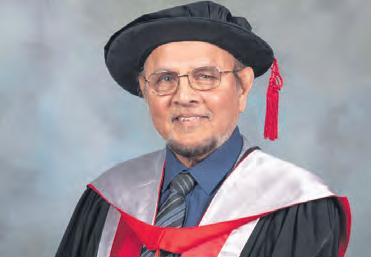
He has previously taught at Central Queensland University and PNG University of Technology. Ranked amongst top 2% of scientists in the world, he has also been heavily involved in Muslim community work in Victoria for the last three decades. continued on page 2
With the end of restrictions due to COVID-19, Australian Muslims marked Eid Al-Fitr, celebrating the end of the fasting month of Ramadan on Monday 2 and Tuesday 3 May 2022.
Congregational Eid prayers were offered early in the morning not only in mosques but also in stadiums, public parks and community halls to accommodate the large num-
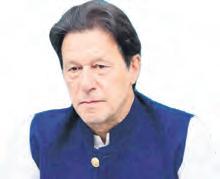
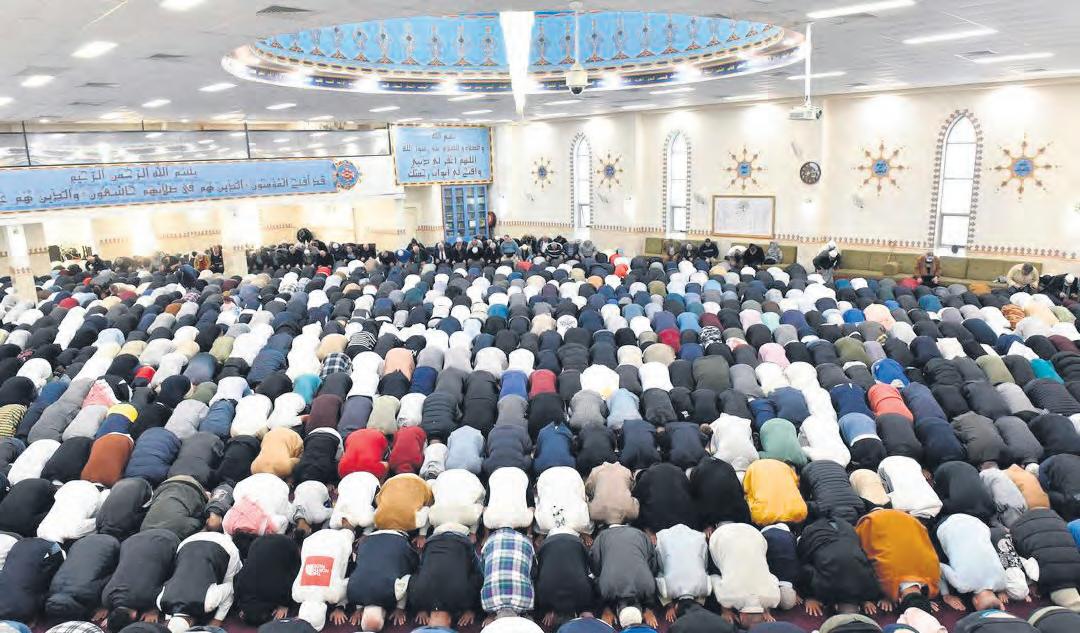
ber of men, women and children.
Both, the Australian National Imams Council (ANIC) as well as the Australian Federation of Islamic Councils (AFIC) announced well in advance, with the predicted appearance of the new moon, Sunday was to be the last day of Ramadan and the day of Eid Al-Fitr to be Monday 2 May 2022.
However some Muslims celebrated Eid on Tuesday 3 May based on the physical sighting of the crescent within Australia according to Moonsighting Australia advice.
Eid celebrations are held at the end of a special time of fasting during the month of Ramadan, spiritual reflection, study of the Quran, special Taraveeh prayers, seeking forgiveness, charity and self-reflection.
Again with the ease in restrictions due to COVID-19 pandemic during Ramadan, home, family and community Iftars were held throughout Australia hosted by not only Muslims but Australians of other faiths as well. continued on page 2

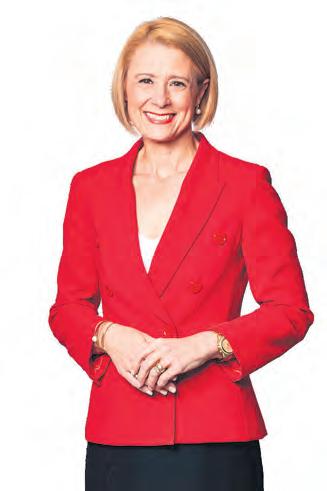
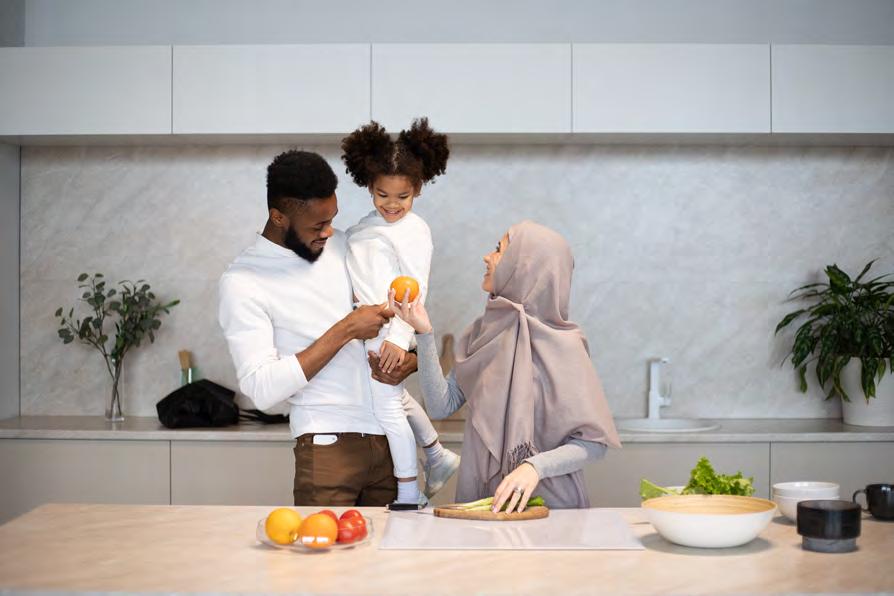



Continued from page 1
Prof Masood retired in early 2021 after serving for more than 32 years at Swinburne, with distinguished performance and excellence in research and teaching with a large number of Australian Research Council (ARC) research grants, international publications and PhD student supervision in collaboration with many leading Australian manufacturing companies.
He was awarded Vice Chancellor’s Lifetime Achievement Award in 2020 for his leadership and outstanding contributions in research, teaching and services.
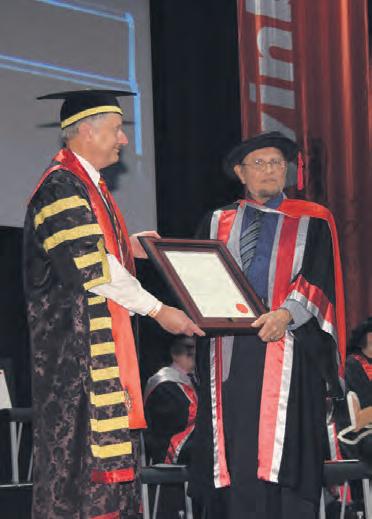
This award recognised a university staff, who has consistently demonstrated outstanding service, while regularly delivering excellence and achievement in their field of expertise contributing not only in their immediate area, but also enriching the overall community of Swinburne.
As Professor Emeritus, Prof Masood is still affiliated with Swinburne in contributing research and developments in his areas of expertise.
Professor Emeritus Syed Hasan Masood with his family at the award event in April 2022. Left to right: wife Naz, daughter Farah, brother Dr Javed, Prof Masood, son in law Laeeq Zaidi, daughter Arshi (Laeeq wife). Front row: grand sons Mahdi Zaidi and Hasan Zaidi.
Continued from page 1
With the rare confluence of major Abrahamic festivals, Ramadan, Easter and Passover falling in April 2022, Ramadan Iftar gathering brought together Australians of all background, cultures, people of various faiths as well as those of no faith.
After a break of two years due to COVID, the most popular Ramadan Nights Festival in Haldon Street Lakemba resumed throughout the month from dusk to dawn attracting tens of thousands of people every night at the Muslim hub in Lakemba where visitors enjoyed unique multicultural street cuisine.
With a lucky break from rain with mild sunny days the community celebrated Eid with great fanfare, meeting and greeting families, friends, neighbours and all, sharing special multicultural Eid meals.
A number of community leaders as well as politicians joined Muslim gatherings for Eid prayers at major mosques as well as in the open grounds.
PM Scot Morrison as well as the former PM Kevin Rudd met the Muslim community members at the Eid prayers held on Monday morning 2 May at Parramatta Park organised by the Parramatta Mosque Committee in Western Sydney.

Again after a break of two years due to COVID, Eid festivals will now be held during the first half of the month of May in various cities of Australia.
The first, the largest and the longest running Multicultural Eid Festival & Fair, MEFF resumes this year at Fairfield Showground on Sunday 15 May 2022. All welcome.
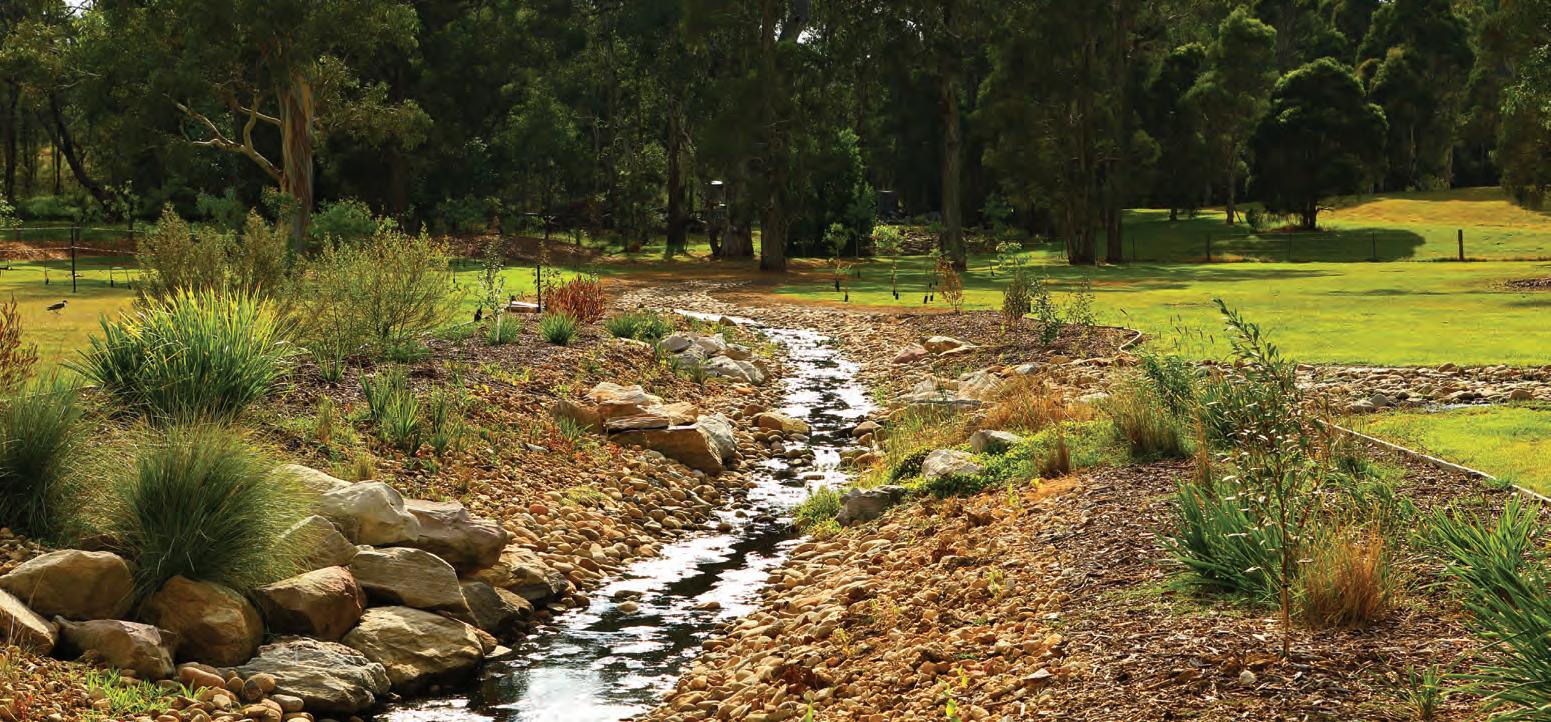
While Australian Muslims have been building bridges through interfaith Iftars with the rare confluence of major Abrahamic festivals, Ramadan, Easter and Passover falling in April 2022, Palestinian Muslims are continuously being brutally attacked inside the Al-Aqsa Mosque while praying during Ramadan with hundreds injured and arrested by the Israeli occupation forces.
The Arab League on Thursday 21 April condemned the Israeli restriction on Muslims for their right of worship in Jerusalem’s Old City, while allowing ultra-nationalist Jews to enter the sacred site under police protection.
It called on the Jewish state to end Jewish prayers inside the Al-Aqsa Mosque compound in occupied East Jerusalem and warned that such actions were a flagrant affront to Muslim feelings and could trigger wider conflict.
The Arab League called an emergency meeting to discuss what the it termed “illegal Israeli policies and measures” in Jerusalem.
“Our demands are clear that Al-Aqsa and Haram al Sharif in all its area is a sole place
Israeli settlers ‘flag marching’ towards Damascus Gate in Jerusalem shouting ‘Death to Arabs’ on Wednesday 20 April 2022.

Israeli police stand in front of Muslim women praying with the Dome of the Rock in the backdrop, as a group of religious Jewish men and women visit Haram al-Sharif.
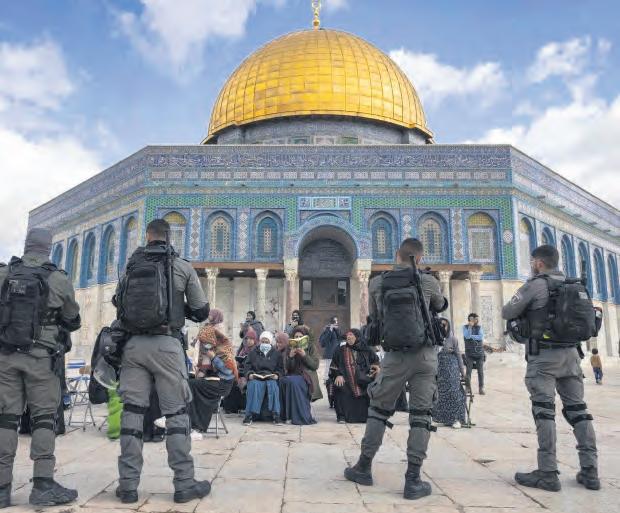
It’s a common story here in South West Sydney, where first home buyers are priced out of the market as housing prices have shot through the roof.
Single parents and older women can’t get into the market.
There is no simple solution to fix this problem, but a government that actually pans for the future can help people in South West Sydney, especially in the Fowler electorate, realise their dream of home ownership.
Labor candidate for Fowler, current Senator Kristina Keneally, and an Albanese Labor Government will cut the cost of buying a home up to 40% for 10,000 Australians per year.
Labor’s Help to Buy plan will help people in Fowler buy a home with a smaller deposit, a smaller mortgage, and smaller mortgage repayments.
of worship for Muslims,” Jordanian Foreign Minister Ayman Safadi told reporters after an emergency meeting of the league in Amman on Thursday.
Regular videos have appeared showing dozens of Israeli police brutally hitting old men, women and children and firing stun grenades on worshippers inside the mosque continuously now for over a week.
The Haram al Sharif compound is forcibly evacuated of Muslim worshipers during Ramadan several times in a day with groups of Jewish visitors in their religious clothing
allowed in, protected by Israeli armed forces.
Israel is holding more than 5000 Palestinian political prisoners in its jails with more than 500 being held without trial whose detention renews after every six months. Around 200 of them are children.
Several hundred arrested during this Ramadan from Al-Aqsa Mosque will be incarcerated without charge for months if not years under the occupation authorities’ inhuman treatment.
Christine Osborne
The ACCC has announced plans to initiate Federal Court proceedings against Facebook owner Meta Platforms Inc. The allegation: engaging in false or deceptive conduct by publishing scam advertisements featuring prominent Australian public figures.
The links from such ads lead to a fallacious article with quotes, attributed to the chosen luminary, endorsing cryptocurrency as a get-rich-quick venture. Businessman Dick Smith, former NSW premier Mike Baird and journalist Waleed Aly are some to have been targeted.
But along with fake crypto adverts are other “sponsored” posts raking in millions for Facebook via its unwary followers.
Directed at older users are advertisements spruiking scam hearing aids. Other ads, aimed at the young, feature stolen photos of genuine fashion garments. Not the linen culottes seen in the photo, but synthetic rubbish run up in a Bangkok backstreet and bearing a fake PO Box number in event of their return.
One hopes that action taken by the ACCC will result in a hard rap on the knuckles of Facebook which equally serves as a platform for misinformation, religious and gender bias and harrowing animal cruelty videos.
A particularly distressing video I saw uploaded from Pakistan, showed a cat placed
in a pillowslip being swung violently around a man’s head. Tipped out on the sand, the poor creature continues to roll over and over to the huge amusement of the photographer.
Using some of the world’s most sophisticated technology, Facebook has lightning quick monitoring of certain words posted on its pages. Descriptions such as rag-head (Arab) and couch potato (obesity) and many other words listed as ha tred or bullying, result in the poster being sent to Face book Jail.
This said, some of its judgements, using algorithms, are plainly ludicrous. My comment that a man who attacked his dog with a pitchfork should face jail, and a massive fine, which most would agree with, resulted in a ban of 29 days with no way for me to challenge the de cision.
ly an army vet based in poor, wretched Ukraine.
Since changing my photo for one of Millie, my 13-year-old cat, I have had no further inquiries from lonely men, aka Nigerian scammers, of whom an estimated 4000 operate in Lagos alone.

My Facebook profile photo Millie has stopped the scammers.
This month, the European Union, leading the charge against social media’s misinformation, divisive contents and dodgy advertisements, announced its intention to reign in Meta, Google and other dominant players on social media.
A new law, to be known as the Digital Services Act, aims to address societal harms by requiring such corporations to more aggressively police their platforms for illicit content. Or run the risk of billions of dollars in
An Albanese Labor Government will contribute up to 40% of the price of a new home and up to 30% of the price of an existing home.
For homebuyers in Fowler, this will see the cost of a new home cut by up to $380,000 and cut the cost of an existing home purchase by up to $285,000.
Labor’s Help to Buy plan will cut the cost of monthly mortgage repayments for a $950,000 home in Fowler by some $1500 a month.
Labor candidate for Fowler Kristina Keneally said “It’s harder to buy and harder to rent in South West Sydney, especially for first home buyers, older women and single parents.
An Albanese Labor Government will not only build 20,000 more social housing properties and 10,000 more affordable home with our Housing Australia Future Fund, but will also give people in Fowler real help to achieve the Australian dream of home ownership with our Help to Buy plan.”
Under Labor’s Help to Buy plan, homebuyer will need to have a deposit of 2% and qualify for a standard home loan with a participating lender to finance the remainder of the purchase.
Homebuyers will also avoid the need to pay Lenders Mortgage Insurance, an additional saving of potentially more than $30,000.
Labor’s Help to Buy plan will be available to homebuyers with a taxable income of up to $90,000 for individuals and $120,000 for couples. Homebuyers must be Australian citizens and not currently own or have an interest in a residential dwelling.
“Labor’s Help to Buy plan is not just for first homebuyers, it’s for other Australians –like single parents and older women – who need a helping hand as well,” Labor candidate for Fowler Kristina Keneally said.
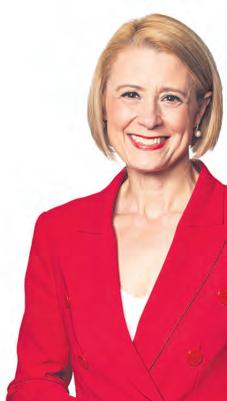
Another downside, but admittedly one difficult to stop, is identity and information theft by internet crooks, the older generation once again being their particular prey. My Facebook profile photo, apparently considered useful to scam, saw me receive scores of friendship requests from divorced, single and widowed men, equally of a certain age.

I had a sergeant major with UN relief in Yemen contact me, an orthopedic surgeon working on a Royal Dutch Shell oil-rig declaring his undying love and most recent-
This groundwork by the EU may assist the ACCC with its case against Facebook, but a new hate and scam free citizen portal can only exist in an ideal world which this planet is clearly not.
Christine Osborne is the author of many books on Islamic countries including Pakistan. She is also the CEO of www.worldreligionsphotolibrary.com a multi- faith collection specialising in the mainstream faiths. She has visited more than 30 Muslim majority countries.
“Families in South West Sydney know all too well we have a cost of living crisis in Australia, where the cost of everything from food, petrol and housing is going up but wages are not.
Anthony Albanese and Labor have a plan for a better future. We will strengthen Medicare, make childcare cheaper, create secure local jobs, and make more things here in Australia.
Labor’s Help to Buy plan will help more families in Fowler facing rising housing costs an opportunity to own their own home with a smaller deposit, smaller mortgage and smaller monthly repayments – a real plan to help ease the cost of housing in South West Sydney.”
‘Sheer Obliteration of the Human Rights’ is what the 12 United Nations Agencies wrote is the impact on Australian Muslim Women and Children trapped in North-East Syria.
This is due to the lack of action of the Australian Government to repatriate over 60 Australians, including more than 40 children that are held as detainees.
They are being held without charge or reason in what the United Nations has claimed: “meet the standard of torture or other cruel inhuman or degrading treatment or punishment.”
The United Nations Special Committees wrote to the Australian Government in February 2022, and only publicly released the correspondence on the 17 April 2022, along with the Australian Government Response.
These Australian Muslim Women and children suffer from very limited access to health services, nutritious food, safe drinking water, and education. The children, who are first and foremost victims of the conflict, exhibit significant trauma signs. It is a miracle in itself that an Australian Child has not died, which is a testimony to the resolve of
the mothers to keep their children safe.
The UN letter reinforced that Australia must treat children primarily as victims, stating, “No child is responsible for the circumstances of their birth and cannot be punished, excluded, deemed unworthy of human rights protection by virtue of the status or acts of their parents.”
The UN is unequivocal in its position to the Government “repatriation to Australia of all individuals who are citizens of your Excellency’s State is the only legal and humane response to the complex and precarious human rights, humanitarian and security situation faced by those currently deprived of their liberty in North-East Syria.”
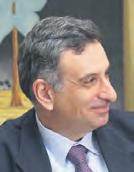
These statements by the UN are the most robust possible language used, and the strength of the position has even surprised local human rights groups.
The position of the UN reflects the information supplied by local families and that of Save the Children with reports of shrapnel wounds that cannot be treated in the detention centre and serious health underlying and new health conditions.
The letter lists numerous international agreements and conventions being broken by the lack of action by the Australian Government.
The Foreign Minister, Ms Marise Payne, on 17 April 2022, the day the letter was publicly released, said on the ABC Insiders pro-
gram, ‘these matters for the protection of all Australians and that includes here.
I wouldn’t go into the specifics of any intelligence, of course.’ Without evidence, illuding that children as young as 3 years of age are a security risk to the public.
However, in its formal response, the Australian Government acknowledged that it was concerned about the welfare of Australians but that it was not its responsibility as they were outside its jurisdiction.
The United Nations now have written taking an independent, strong position on this issue, reinforcing the families’ calls, that of the Save the Children, numerous other human rights groups, and some Muslim organ-
isations.
Is this not an important enough election issue for Australian Muslims and their representative organisation to demand their repatriation in the current election. It’s a shame that the human rights of children and their mothers depends on local political fortunes.

Kamalle Dabboussy has worked for decades in the not for profit space with refugees, asylum seekers and other disadvantaged in Australia and overseas. Currently he leads the Australian family network of those trapped in North East Syria. He is also the author of ‘A Fathers Plea’.
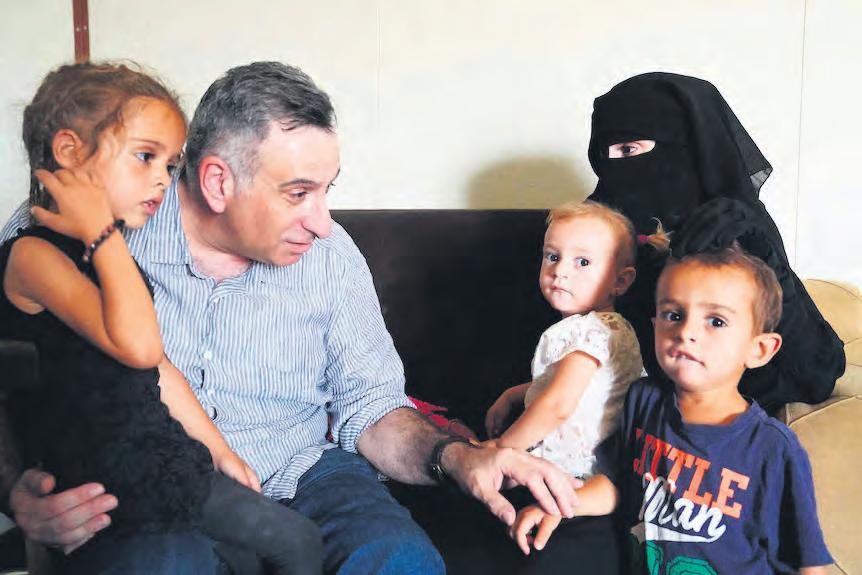
The children, who are first and foremost victims of the conflict, exhibit significant trauma signs.
There has been great concern amongst Pakistani civil society as well as the global diaspora over the sudden regime change in Pakistan where an uncompromising, independent, squeaky clean and highly popular leader has been replaced by a coalition of political parties led by leaders with well known track record of corruption for decades.
Following the Pakistan’s Supreme Court verdict on Thursday evening 7 April that Prime Minister Imran Khan’s move to dissolve parliament and call for early elections was unconstitutional, a parliamentary no confidence vote was used to remove Imran and install a new Pakistan government led by Shehbaz Sharif on Sunday 10 April 2022.
The popular cricketer turned politician, has accused the US of orchestrating regime change, conspiring with the opposition and some members of his coalition government through a vote of no-confidence, for pur suing a foreign policy free of US hegemony.
Imran’s supporters are ad amant that the Pakistani opposition has been used as a convenient tool of US whose “puppet masters” decided to no longer tolerate an independent foreign policy course of Pakistan.
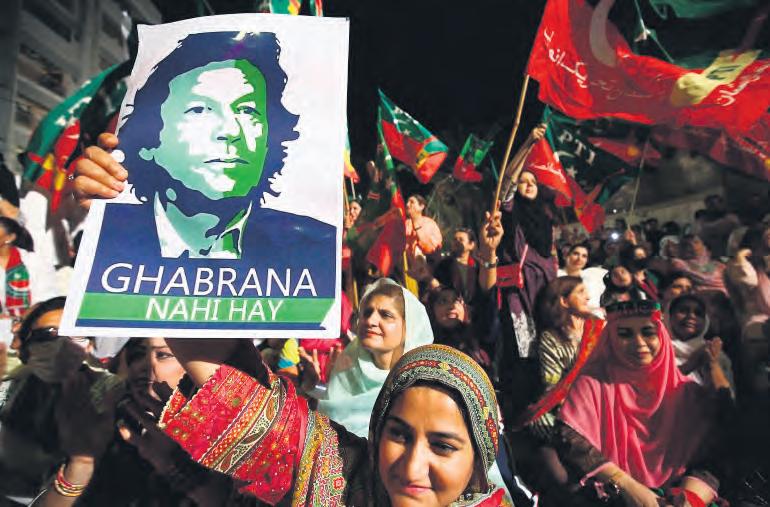
Once a fiercely loyal ally of the US, Pakistan under Imran has been steadily pivoting to Beijing and most recently even to Moscow.
China is investing $70 billion in Pakistan’s
largest infrastructure project, China-Pakistan Economic Corridor (CPEC). This infrastructure megaproject symbolizes the backbone of China’s Belt and Road Initiative (BRI), a complex network of highways, railways, gas and oil pipelines stretching along Pakistan from north to south.
Altering foreign policy trajectory of Pakistan, especially if it could destabilise Pakistan-China relations and slow the progress of BRI would certainly serve the interest of global American hegemony, hence the suspicion towards soft regime change in Pa-
Due to India’s irreplaceable role in this process as India is important for a successful US policy in the Indo-Pacific, US seems eager to spare India from its criticism despite of India’s extreme human rights violations of Muslims in Kashmir and looking the other way before explicit BJP’s fascist policies towards its Muslims, Christians and other minorities.
Meanwhile Imran Khan has been holding highly popular rallies all over Pakistan, evidence of his popularity trying to press for early elections that he hopes to win and restore popular governance in Pakistan.
Re: The Contemplation for a Good Life (CGL)
Contemplation can then be said to be the heartfelt medication that helps relief all heart disturbances because your level of integration with God determines the joy of your heart.
TaoheedRe: IPCC 6th Report: a call to put faith into action
It is an issue for Muslims
“Islam teaches its followers to take care of the earth. Muslims believe that humans should act as guardians, or khalifah, of the planet, and that they will be held accountable by God for their actions. This concept of stewardship is a powerful one, and was used in the Islamic Declaration on Climate Change to propel change in environmental policy in Muslim countries.”
Bilal ClelandRe: India on the Brink: Preventing Genocide
Part of the problem (indifference to Islamophobia) is that the richer, influential Arab leaders have thrown the non Arab Muslims, i.e. Indians, Burmese, Chinese and Iranians, under the bus. Not sure if they consider the
Palestinians as Arab because the bus is overrunning them.
Mal
Re: Racism: A sickness in Western culture
From Letters to the Editor Melbourne Age 28/03/22
“Pacific Islanders are already at the forefront of the impacts of global warming, as particularly indicated by rising sea levels and increasing extreme weather events. Our government’s response has been cheap jokes and highly inadequate policies. It has left the door wide open and China has strolled right in.”
Our Australian arrogance is having a cost. Laughing at rising sea levels is not a joke to those whose lands are being swallowed.
Bilal ClelandRe: A Letter To My Daughter
It truly touched my heart..every phrase has so much depth in it MashaAllah! cant wait to share this with my kids. In love with this poem.
Sara
NasirMashallah! It was really heartbreaking poetry... It explained many things that I had
never realized it before !This was shared by my beloved mum!I hope that I can be her best daughter!!!
INSHALLAH
Forever my mother’s
Re: First Muslim and first Mosque in India
I went to kerala in 1999s and visited the mountains. This was the most amazing place I visited in India. At the time I didn’t know the history and now as I remember the first impression of the visit, I know it was very special! Thank you for sharing this article.
AndreaAMUST
FRIDAY 6 MAY 2022
4 SHAWWAL 1443
News
1 - 3
- Aussie Muslims celebrate Eid
- Professor Emeritus Masood
- Labor solution for housing
Boomerang
- Making an effort to care for Earth
- Islamic political activism essential
Community
- Iftars: Memories are made of this
- AFIC iftar brings leaders together
- Affinity Parliamentary iftars return
- Map + Stall Directory
- Cultural Stage Program
Australia
- Ramadan and Easter
10 - 14
MEFF Souvenir 15 - 18
19 - 20
- Role of religion in harmonious living
Lifestyle
- Ramadan Nights Lakemba 2022
- Dealing with depression
-
Social
4 - 9 30 - 31
- Social spotlights

- Top Memes: Eid edition
Disclaimer
The views and opinions expressed in articles, and Letters to the Editor, Website Comments are those of the authors and do not necessarily reflect the official policy or position of The Australasian Muslim Times.
Editor-in-Chief: Zia Ahmad
Managing Editor: Mobinah Ahmad
Sub-Editor: Nilufer Kurtuldu
Graphic Designer: Rubinah Ahmad
Multimedia Journalist: Mehar Ahmad
Multimedia Journalist: Faseeha Hashmi
Columnist: Dr Abul Jalaluddin (Finance)
Columnist: Bilal Cleland (Victoria)
Columnist: Manarul Islam (ACT)
Columnist: Dr Daud Batchelor (QLD)
Columnist: Zahid Jamil (NSW)
Columnist: Shahjahan Khan (QLD)
Promotion: Dr Wali Bokhari
Web Developer: rubinah.design

Printers: Spotpress Pty Ltd
Distributers: Abul Fateh Siddiqui, Shujaat Siddiqui, Usaid Khalil, Ibrahim Khalil, Usman Siddiqui, Zahid Alam, Shahab Siddiqui, Mahmoud Jaame, Mateen Abbas, Rashid Idris, Sakinah Ahmad, Anjum Rafiqi, Hasan Fazeel, Dr Quasim, Ismail Hossain, Hanif Bismi, Luqman Landy.
Contact AMUST
Post: PO Box 111, Bonnyrigg (Sydney), NSW 2177 Australia.
Email: info@amust.com.au
Web: www.amust.com.au
Phone: (02) 9158 3020
Facebook: @amustnews
Instagram: @amustnews
Twitter: @amustnews
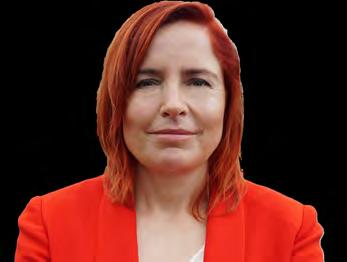
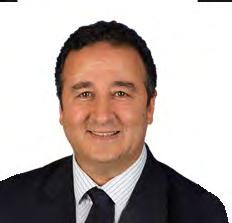










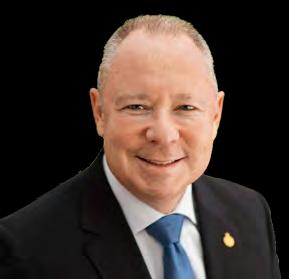
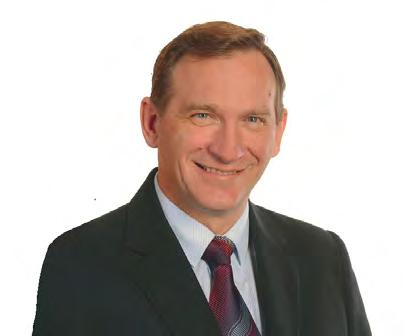
Bilal Cleland
Behold your Lord said to the angels: “I will create a vicegerent on earth.”
[Quran 2:30]
Humanity’s role as vicegerent or khalifullah involves responsibility for all the creation of Allah.
The 2015 Declaration Islamic Declaration on Climate Change, appealed to “all Muslims,” to live up to their responsibility as “stewards of the Earth.”
[Project Syndicate, 22 September 2015]

The executive director of Green Muslims went further this Ramadan, saying: “… we’re not fully practicing our religion unless we’re making a concerted effort to care for the Earth.” [Yale Climate Connections, 4 April 2022]
Some Muslims avoid the whole issue of climate change because of the political fights around the issue. That is no excuse.
According to the world’s climate scientists, mankind is facing a crisis.
The Intergovernmental Panel on Climate Change (IPCC) concludes that a major political effort is required if the target of restricting warming to 1.5°C is to be met.
“Coal use must drop 95 per cent by 2050
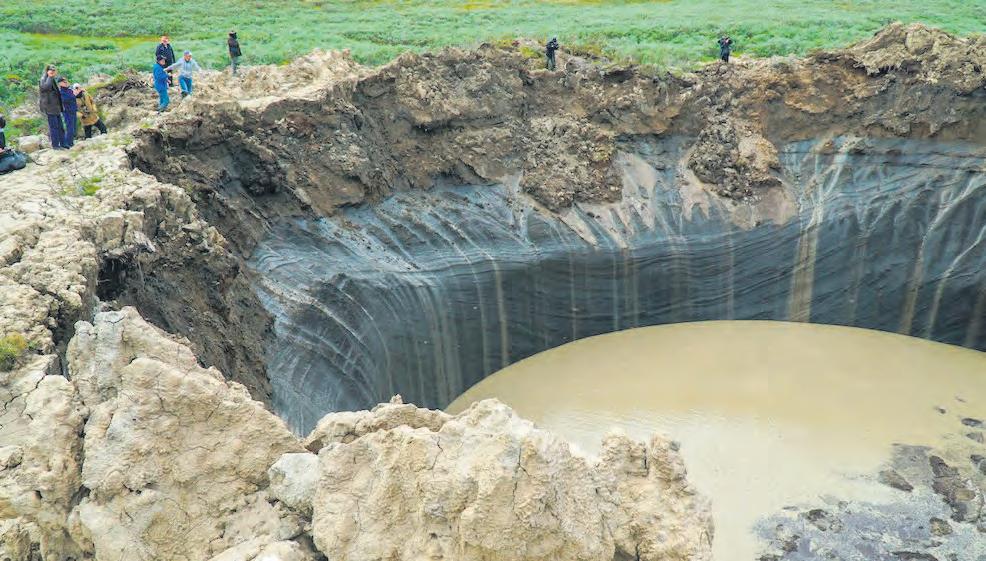
on 2019 levels, oil by 60 per cent and gas 45 per cent to meet the 1.5°C goal… “
There are signs of progress despite the power of the fossil fuel lobby.
“At least 18 countries have managed continued emissions cuts for more than a decade. The costs of key technologies for decarbonisation plummeted between 2010 and 2019: unit costs for solar energy fell by 85 per cent, wind energy by 55 per cent and lithium-ion batteries used in electric cars and energy storage by 85 per cent.” [New Scientist, 4 April 2022]
But the threat is real.
In the Arctic rapidly thawing permafrost
“has the potential to release radioactive waste from cold war nuclear submarines and reactors, antibiotic resistant bacteria and potentially undiscovered viruses… “
Russian nuclear tests released some 265 megatons of nuclear energy in the area, along with 100 scuttled nuclear submarines.
This is combined with the United States’ Camp Century nuclear-powered under-ice research facility in Greenland, decommissioned in 1967 and the Thule bomber crash which dispersed plutonium on the Greenland ice sheet.
“It [the Arctic] has long been a deep-freezer for a range of harmful things, not just greenhouse gases. We need to understand more about the fate of these harmful mi-
crobes and pollutants and nuclear materials to properly understand the threats they may pose. [Dr Arwyn Edwards Aberystwyth University, 30 September 2021]
The Office of National Assessments (ONA) in its report on “Fossil Fuels and the Greenhouse Effect,” 40 years ago, was most concerned about “the potential for the country’s coal exports to be affected.” [Guardian, 28 November 2021]
Such concerns still dominate government
Certain protagonists are trying to turn Muslims in Muslim countries from what is a more Islamic manner of administrating their societies using upright leaders applying Islamic principles to address societal needs and resolving contemporary issues of modernity.
This is ‘Islamic Political Activism’ or ‘Islamic Islamism’ to distinguish it from general terms ‘Islamism’ and ‘Islamist,’ often used pejoratively implying ‘political extremism’ by Islamophobic sectors.
Islamic Political Activism is espoused by people like Rached Ghannouchi, who prefer the term ‘Islamic Movement,’ rather than ‘Political Islam.’
Its emergence was related to the Ottoman collapse.
Islamic political activism intends just government in accordance with Qur’an’s call: “judge between them by what God has revealed.” (5:48)
The Islamic Movement developed from efforts of Hasan al-Banna in Egypt and Abu Ala’ Maududi in India, who with Pakistan’s formation, focused on achieving an Islamic State. This was ‘Top-down’ Islamisation.
Its ‘success’ was establishment of the Islamic Republic of Iran, which initially displayed democratic features and benefitted the poor. After Khomeini’s demise, the regime hardened, disallowing socialist election candidates while enhancing religious elite control.
Similarly, Jamaat-Islami-led Islamisation hijacked by President Zia ul-Haq benefited mainly an elite.
So, the Islamic movement changed to stress grass-roots approaches, especially within a democratic setting compatible to Islam (AMUST #197), while Allah stresses assisting the down-trodden (Quran 4:75).
The Islamic movements spectacularly succeeded, winning elections in Egypt, Algeria, Turkey, Pakistan, Tunisia. Victories however, were overturned by ‘liberals’ and western interference in Egypt, Libya, Algeria etc!

Islamic Political Activism is defined as
“Islamic socio-political activity, which should be moderate and guided by Islamic principles.” For example Prophet Muhammad (s) ordered Muslims during warfare: “Do not kill women or children or aged, infirm persons. Do not cut-down trees [nor] destroy inhabited places.” (Bukhari 4/52, 257).
Islamic Political Activism includes militarily defending one’s homeland against invaders.
Islamic Political Activism doesn’t include un-Islamic campaigns such as ISIS atrocities – decapitation of journalists, aid workers, and killing innocents. In 2014, 200 eminent Muslim scholars from 50 countries condemned the so-called ‘Islamic State’: “It is forbidden [in Islam] to kill emissaries; hence forbidden to kill journalists, aid workers [nor] harm/mistreat Christians.”
Murdoch media and certain ‘policy institutes’ who imply ‘Islamism’’ is synonymous with terrorism, represent biased anti-Islam campaigns.
Islam is a religion of moderation: “Thus we made you an Ummah justly balanced that you be witnesses over the people, and the Messenger a witness over yourselves.” (Quran 2:143).
Eminent scholar, Hashim Kamali in The Middle Path of Moderation in Islam, stresses that avoiding extremism is the Islamic way: “Qur’an commentator Ibn Kathir wrote that the Muslim ummah’s status as witnesses is conditional on commitment to moderation.”
‘Islamist extremism’ then is an oxymoron
as Islam cannot be extreme.
The subject was muddied since sociologist Olivier Roy tried to restrict ‘Islamism’ to efforts to establish an Islamic state, and then termed Islamism a failure as Islamists turned to welfare/democratic activities, which he declared were secular.
This narrow view is irrelevant to Islamism, which wisely uses appropriate means in varied situations.
In Rethinking Political Islam, Hamid and McCants call ‘Mainstream Islamists’ “moderate Islamist groups that enjoy far deeper, broader support in the Muslim world – thus posing a more profound challenge to secular states.” These are ‘Islamists’ advocating Islamic political activism.
Hindu Post India in a recent article accused AMUST of being Islamist connected with the sub-continent Jamaat-e-Islami and promoting polices of the ‘Pakistani Regime.’
AMUST has supported Islamic Political Activism and naturally stands against injustices and oppression of Muslims in India in general and Kashmir in particular by PM Modi’s Hindu nationalist BJP government.
It is surely the duty of all Australian media to condemn similar injustices against people anywhere in the world.
Dr Daud Batchelor, holds an MA in Islamic and Other Civilisations and a Diploma in Islamic Studies from the International Islamic University Malaysia, PhD from University of Malaya, MSc from the University of London.
thinking.
According to the annual analysis of the Australia Institute state and federal handouts to coal and gas multinationals cost the public $11.6b in 2021-22 or $22k per minute. [Michael West, 28 March 2022]
Dr Helan Camakarisis of the University of Melbourne maintains that Australia is likely to be one of the worst affected regions of the world.
As the main obstacles to action are political, climate change responses must be removed from that sphere.
This is how we deal with monetary policy, with the Reserve Bank of Australia.
It is also how much of the covid pandemic was handled, allowing the chief medical officers in most states to call the shots.
“One possible strategy involves promising a council for the future as part of an election platform.” [Independent Australia, 16 April 2022 ]
That such a suggestion needs to be made is a serious reflection upon the legitimacy of our political and media environment.
Bilal Cleland is a keen reader, a prolific writer and a regular columnist of AMUST based in Melbourne.
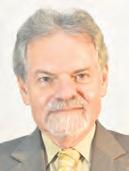

Fazlul Huq
Persimmon tree held in place at the southern edge of the orchard not far from jujube and the lychee is seen to often have the gaze made at the deep down.Claimed by the extended fire trail, tennis court and the unclaimed land containing gum and banksia, paperbark and casuarina trees held in pockets. As the land is seen to slowly lose in height while sandstone rocks in different sizes and shapes too claim the heritage. But right now the persimmon tree is found to make its show and tell in color of the leaves before turning into barebone tree
Dr Fazlul Huq is a retired academic and Editor-in-Chief Emanreserch Journal Of Angiotherapy. He is also the poet “Jujube” at Allpoetry.com with over 35,000 compo- sitions.

Recipes for Ramadan was never intended to be just about food. Rather the intention was and is to celebrate culture and heritage, and to increase understanding of Ramadan and of Islam in the wider community with the aim of securing a place for Ramadan in the national calendar.
Part of that is understanding the role of food in fasting and in hospitality, and as an act of charity so it has been very special this year to partner with Penny Appeal Australia’s Iftar Kitchens which in collaboration with other local organisations have been delivering hot meals and dignity hygiene packs in Sydney, Melbourne, Perth and Brisbane.
Over recent weeks, the Iftar Kitchens have provided some 700 meals in Sydney alone, distributing them in south west Sydney, to the Somali Community and to the homeless in Martin Place in Sydney’s CBD.

Taysir Ghazi and close friend Shadia Melligi ran an Egyptian kitchen from the kitchens of Gallipoli Mosque in the Sydney suburb of Auburn. Supported by Penny Appeal’s impressive young volunteers ‘Team Orange’, they produced over 200 portions of Ful Medames and 200 portions of Koshari, Egypt’s most popular street and comfort foods.
Team Orange and Gallipoli Mosque staff distributed the meals locally and ABC Radio’s Simon Marnie invited Taysir onto his Weekend Mornings show to talk about the initiative and the stories behind Fuls Medames. (The show is broadcast across New South Wales and the segment broadcast on Sunday April 24 can be heard via the program’s webpage.)
A second Iftar Kitchen in Sydney produced traditional Somali meals: Bariis Iskukaris,
spiced Somali rice with lamb and fresh salad. Mama Wiilo and Mama Istahil headed up the kitchen, supported by Team Orange volunteers and Wiilo’s daughters, Fatimah and Maryan Omar, President of the Somali Australian Community Association (SACA). Working out of Auburn Youth Centre, there was a real buzz with the teamwork and the atmosphere really special.
What was perhaps more special was distributing the meals and dignity packs alongside
Brothers in Need in Martin Place in the heart of Sydney’s CBD that evening. The number of homeless men and women of all ages and nationalities was heart-rending and the meals and dignity packs with hygiene essentials such as shampoos and body wash, toothbrushes and toothpaste, toilet paper and sanitary pads clearly appreciated. What was also striking was the need to be heard with many wanting to tell their stories and clearly having valued on-going relationships with the Brothers in
Need team.
These occasions were a powerful demonstration of the belief that the provision of food is the most essential act of charity – something that really is at the heart of Ramadan. Perhaps also that hospitality isn’t just something that happens at home.
Penny Appeal Australia’s CEO Mohamed Mayat explained that “Like Recipes for Ramadan, our Iftar Kitchens were a response to Covid-19. We do great work around the world but the pandemic and its impact on many individuals, families and communities was a reminder that charity is also needed at home and our Iftar Kitchens have become an important way to ensure we also respond to local needs – especially for the homeless, unemployed, low-income families, elderly and refugees – to make sure our neighbours are supported and, as with Christmas, to make sure no-one is alone during Ramadan.
We want to help as many poor and needy people around the world as we can and we are proud of the way our At Home program has developed to provide much-needed support to the most vulnerable in our own local community.”
Penny Appeal’s Iftar Kitchen are supported by the Healing Hands Foundation which has committed to match funds Penny Appeal raises in Australia up to $15,000 to fund more hot meals and dignity packs here in Australia. For more information, head to www.pennyappeal. org.au/iftar-kitchens.
The recipes and the stories of the chefs behind the Iftar Kitchens can be found on Recipes for Ramadan (www.recipesforramadan. com) – simply scroll through to find Egypt and Somalia.
Jane Jeffes is a producer and director and former head of ABC Religion & Ethics. A UK-Australian dual national she is based in Sydney, Australia.
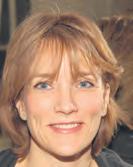
Taysir Ghazi’s traditional Egyptian Fawla pot was never going to be big enough when preparing 200 portions of Ful Medames in Penny

Is it the big communal iftars that stand out in your memory or is it the smaller more intimate ones where you really got a chance to talk to the people you were eating with? There is a place for both and this year, after the challenges of the last two years, there will be many that will linger in our memories.
In the 22 years I’ve been in Australia, interfaith and intercultural iftars have become a significant part of the cultural landscape. Large or small, each one is a special opportunity to share food from our different traditions and stories from our different backgrounds and to take steps towards greater understanding and appreciation for cultures and religious traditions different from our own whilst developing a shared sense of what it is to be Australian in the 21st century.
I am so grateful for the many invites and it seems rude to pick out a few but there were a few this year – in no particular order – that will linger long in my memory and may also resonate with you.
The first National Muslim Community Annual Iftar will be remembered as a landmark event with 15 Australian Muslim organisations hosting a national event together for the first time and MC Bilal Rauf celebrating “a transformation’ in the Australian Muslim community: “A new generation is emerging and assuming positions of leadership and engagement at various levels – political, legal, business, professional. We have voices emerging who identify, first and foremost, as Australians. We are a generation born and raised in this country – a generation which wants to make a difference and ensure that our country and society improve for the betterment of everyone.”
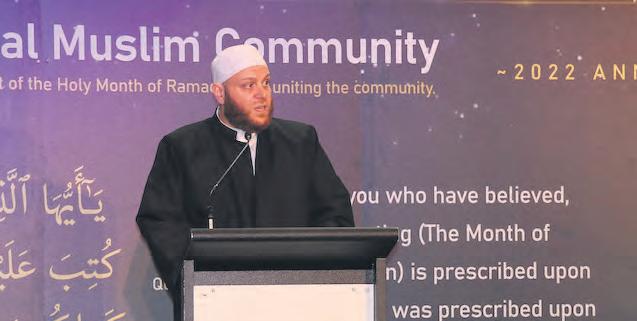
Our identity as Australians in 2022 was an important theme as several hundred people
from all walks of life broke the fast and sat together: imams and politicians, brothers, sisters, friends, colleagues. “All part of the same tightly woven fabric,” as Mr Rauf put it, “as we care for each other and seek to overcome barriers, prejudices, ignorance in attempting to understand and connect with each other.” And it is that theme that has guided my other picks.
The second event which participants said will stay long in their memory was on a very much smaller scale. Held in the boardroom of Amity College Prestons, four parents and their student children hosted the Mayor of Liverpool, Ned Mannoun, and prepared and served food from their families’ culture and country of origin.
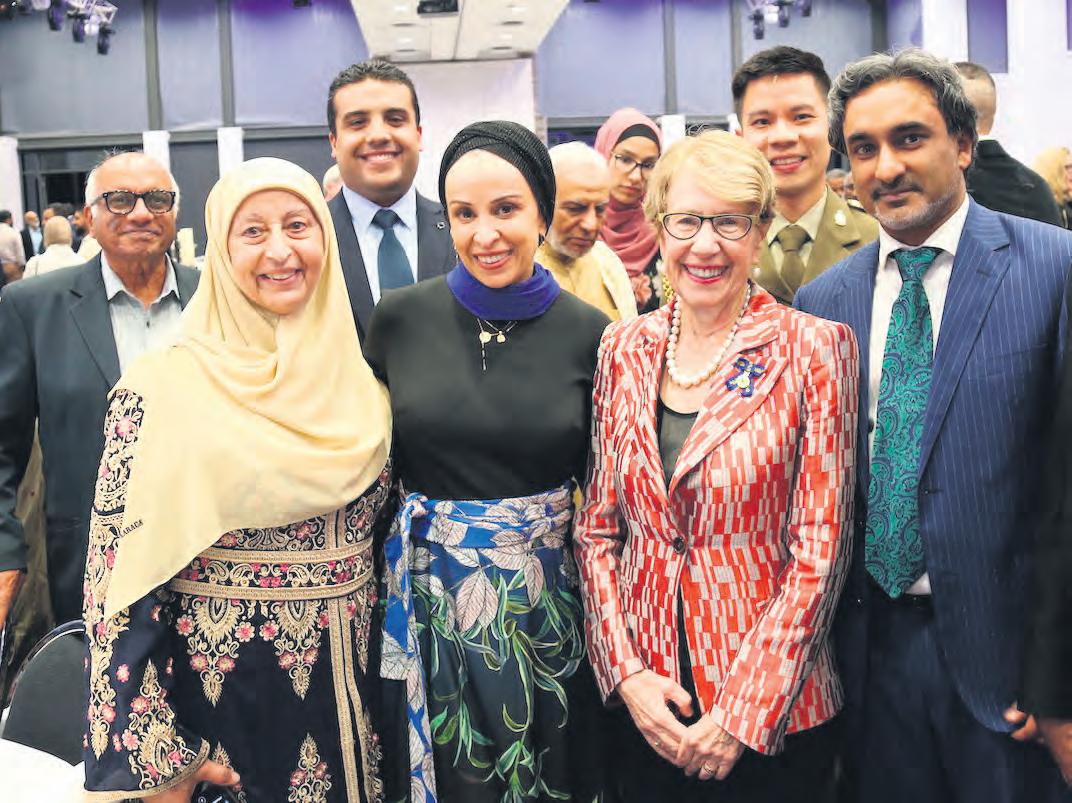
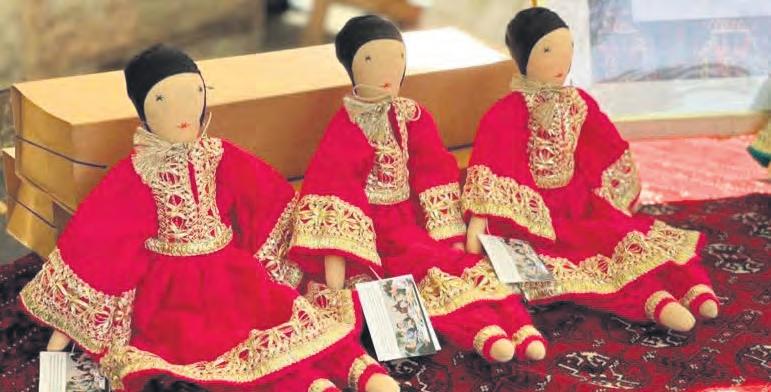
There were mains from Iraq, Somalia and Turkey and a dessert from Japan but equally or more importantly, the hosts shared their family stories of migration and diaspora and Mayor Mannoun shared his. We talked for hours about our sense of identity and belonging, our ties to our families original roots and our sense of what it is to be Australian in 2022… before moving on to brainstorming ideas that might
fulfil the mayor’s aim to improve the quality of life for all people living in Liverpool. The recipes and stories of Fathia’ Lamb Pilaf, Beyza’s Ali Nazik and Sueda’s Tapoica Pudding with Coffee Jelly if you’d like to try them can be found on Recipes for Ramadan.

On a smaller scale again, my husband and I were so thrilled to make new friends with Kiran Afzal and her husband Ali. Kiran is a fantastic cook and treated us to the best Pakistani spread including the three recipes she contributed to the Recipes for Ramadan collection: Dahi Baray, Fruit Chaat and Sheer Khurma which her family always has as part of their Eid breakfast. We arrived before sunset and ate and talked until quarter to midnight. We’re still hoping we didn’t outstay our welcome!
Another very special home iftar was with the Tahery family who were evacuated from Kabul last year after Afghanistan fell to the Taliban. Farukh worked for the Ministry of Finance, one sister worked for the UN, the other is a teacher. Her father is a GP and her brother has worked extensively in the area of domestic violence. We have become quite close over
recent weeks and they really are a very special family who will be invaluable to Australia.
The girls and their mum had cooked all day to lay on a wonderful Afghan feast. Farukh’s family recipes for Beef Pulau and Bolani are on RecipesforRamadan.com and you can meet Farukh and her brother Rahmatullah in ABC Radio National’s program Soul Search, search past programs for Recipes For Ramadan, first broadcast Sunday April 3.
Then there was the fundraiser for Mahboba’s Promise to support their ongoing work with widows and orphans in Afghanistan. Nothing could be more needed as poverty and hunger soar and the UN reports that 23million people face extreme hunger with 5 million at risk of starvation and 1million children at risk of dying.

I was involved last year as we struggled to get some of the most vulnerable orphans and widows in Mahboba’s care out of Afghanistan so it too was a very special evening, with many recently arrived Afghan women, the orphans Mahboba managed to evacuate last year, fantastic support from across Sydney’s Arab community and huge generosity from everyone who participated in the auction. (Comedian Frida Deguise is a standout auctioneer.)
Then there was the one at UTS with 350 students from six Sydney and Wollongong BD Societies (Bangladeshi Societies) and meeting ‘Liam’ whose parents had changed his Bengali name when no Australian could pronounce it. It wasn’t necessarily standout food but the company and conversations with Australian-born and international Bengali students were truly memorable.
Thank you to everyone who has shared their Ramadan and wishing everyone Eid Mubarak. The recipes for many of the foods held at many iftars over the last month can be found on www.recipesforramadan.com along with the family stories that contributors have been generous to share.

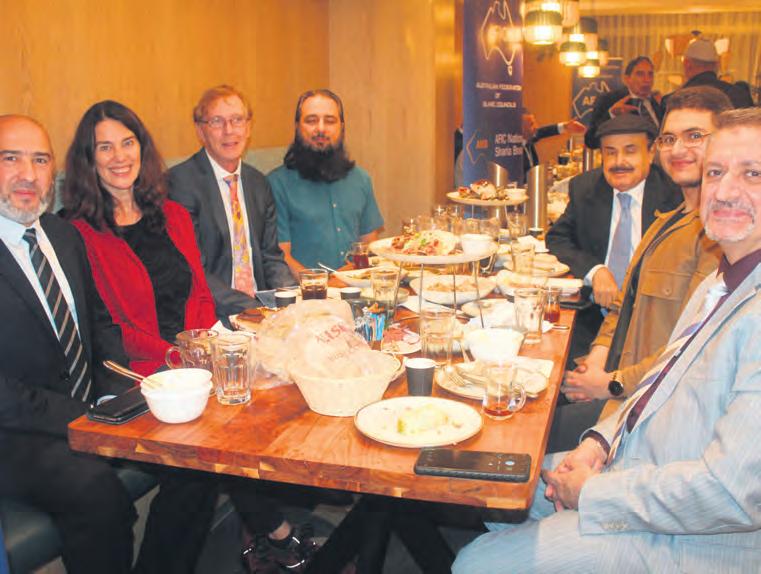
Almost 150 Muslim leaders and Imams joined by a number of politicians and business leaders flocked to Sydney from all over Australia to attend AFIC’s first Sydney Iftar of 2022 on Saturday 9 April at Al Aseel restaurant tucked away in the Western Sydney hub of Greenacre. The honoured guest, Hon Ann Stanley, federal Labor MP representing the Division
of Werriwa highly appreciated the multicultural nature of the event and thanked AFIC President Dr Rateb Jneid for taking the initiative and AFIC CEO Keysar Trad in organising it on a national level.
The National Grand Mufti of Australia, Sheikh Abdul Quddoos Al Azhari stressed during his keynote speech, the importance of achieving unity and empowering the youth to carry on the mission of Islam in Australia.

“A young person is like a river, he/she
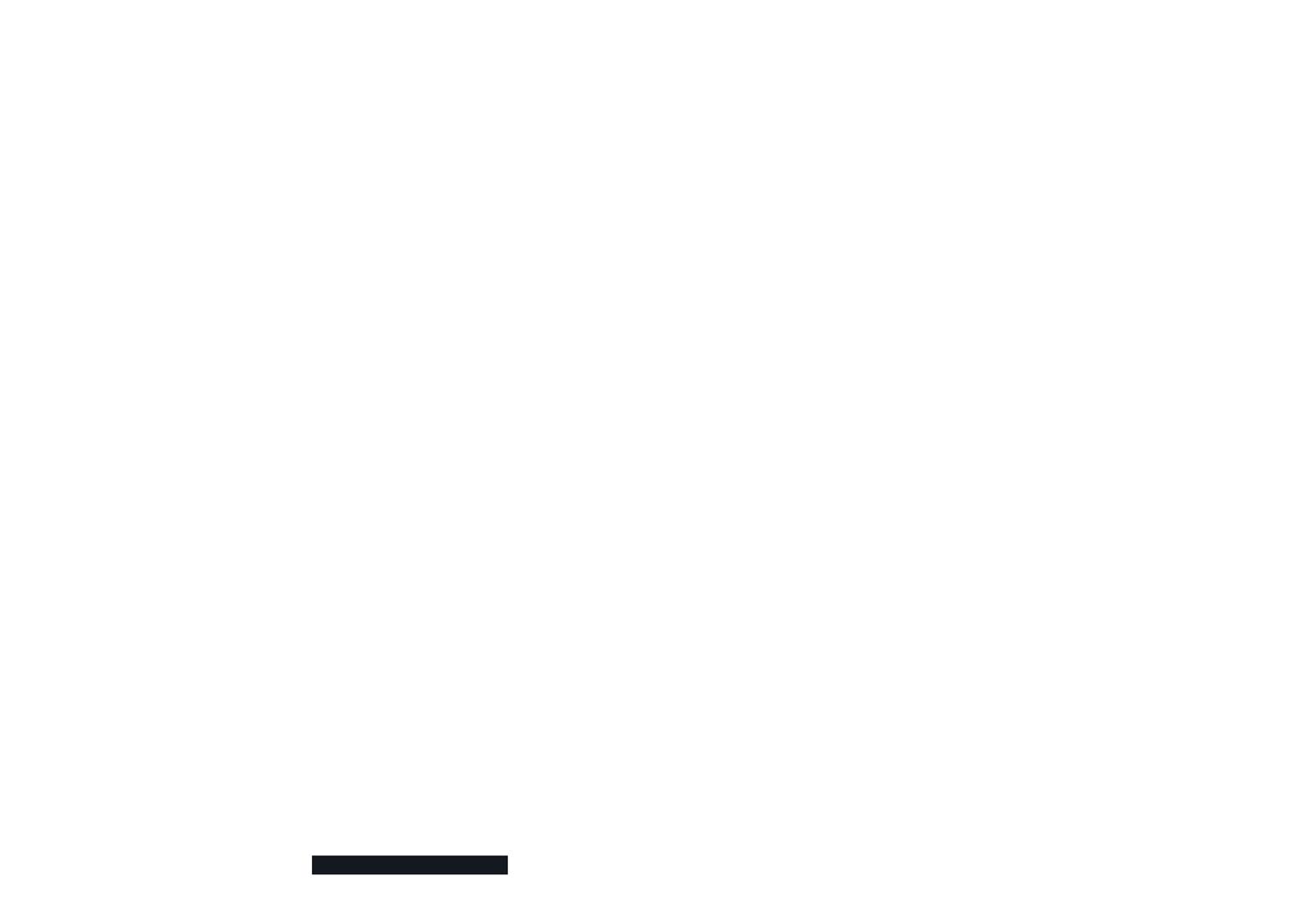
looks for the path of least resistance. We should make volunteering in the community easy for them to choose so that they can carry the banner into the future,” Sheikh Al Azhari said while quoting Imam Mohammad Trad.
He further added, “We must also work on up-skilling our committee members and volunteers, so that our centres will offer continuing professional development and an avenue to remain abreast of the field and excel.”
Dr Rateb Jneid expressed his gratitude to Allah for the blessing of freely practicing Ramadan this year and thanked the guests from interstate for joining AFIC’s Iftar in Sydney.
“There is no other event like a nightly Iftar that brings friends, family and community together and there is nothing like being together that can make an Iftar such a beautiful and joyous occasion,” Dr Jneid concluded.

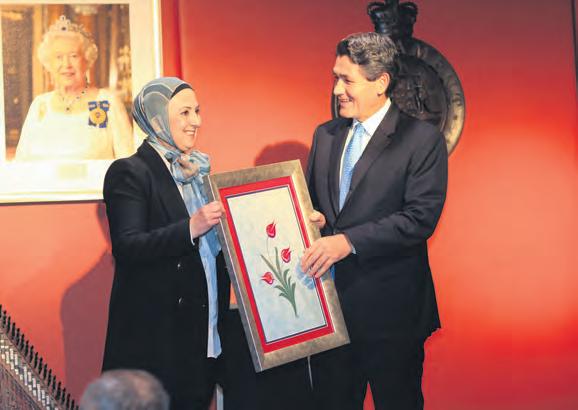
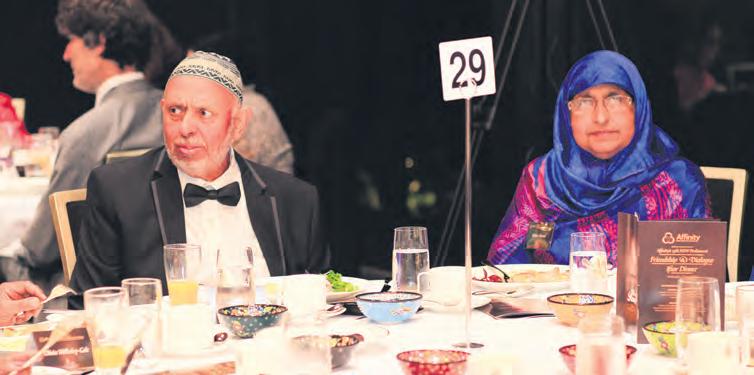
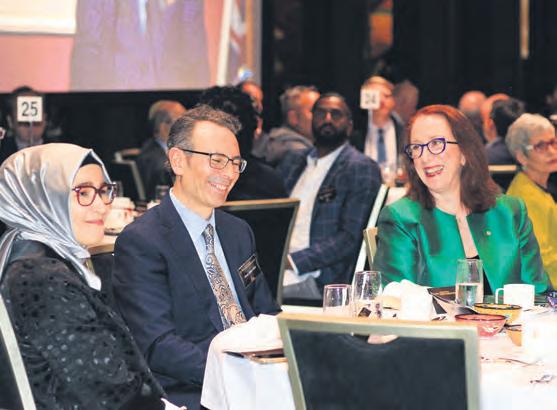 Zia Ahmad
Zia Ahmad
After two long years of break due to COVID-19, Affinity Intercultural Foundation again gathered guests at the People’s House celebrating Affinity’s 13th NSW Parliament Iftar Dinner on Wednesday 13 April 2022.
The most prominent and celebratory Friendship & Dialogue Iftar Dinner during the Ramadan calendar every year, this event was co-hosted by the Hon Mark Coure, MP and Mr Stephen Kamper, MP.
This year’s theme was a quote from Rumi, “There is a window from one heart to another heart”.
The event was MC’d by ABC’s Jeremy Fernandes and the keynote speech was given by Emeritus Professor Rosalind Croucher AM, President, Australian Human Rights Commission. The guest of honour was professional cricketer, Peter Hetzoglou.
During his welcome address Executive Director of Affinity, the ever cheerful Ahmet Polat said, “I think it is safe to say, the last few years have been quite the rollercoaster for us all — but our goal at Affinity remains the same, to facilitate dialogue, cohesion, and understanding amongst peoples.
He further added, ” Through sharing these wonderful nights of dialogue, we learn from
and understand each other. We often notice many commonalities in what we all value and strive for as fellow human beings. As inspired by the 21st Century Rumi, Islamic Scholar Fethullah Gulen’s words, “Reserve in your heart, a seat for everyone”.
Emeritus Professor Rosalind Croucher during her keynote speech related the story of a Cambodian taxi driver changed her perspective on life and said, “On occasions like this evening, it is about seeing what joins us — as part of humanity — and this is true affinity. It is that window from one heart to another. There have been moments of great affinity shown in recent years. During the bushfires of the summer of 2019–2020; dur-
Whether it was to initiate a purposeful gathering of people from different communities or reaching out to broader communities to deliver a message of peace and harmony, IFAM had been at the forefronts.

In recent times IFAM has conducted many programs which intend to bring people from wider communities closer to each other.
Within Muslim communities from different backgrounds IFAM arranges events where they can join hands in hands and show solidarity. Such events include Iftaar (In Ramadan), Meetings or Conferences for social issues or general discussion etc.
For Non Muslim communities IFAM has always been looking for ways where general population can get a soft and friendly message from Muslim communities living or working close by. In fact without having a social bonding we cannot even convey the message of Islam effectively which is considered as a great work in Islamic education.
By having those things in mind some IFAM brothers give gifts and sweets to their non Muslim fellows living or working in surroundings. This is particularly done before Ramadan or Eid when Muslims are very joyous, happy and active.
It also gives the opportunity to share with others and letting them know about important events and festivals of Muslims etc. By having a positive discussion we can further explain the background and philosophy of those events which can surely make a positive impact and make others paying more attention towards understanding Islam.
Several brothers gathered in Marsden Park Masjid this year with their kids and prepared hundreds of gift wraps and packets. Those packets included cup or glass with IFAM logo filled with chocolates, candies and sweets etc. These packets were beautifully wrapped in gift paper so they are better presentable and attractive. All packets
were distributed to many brothers who were keen to give it to their neighbours or working colleagues.
Those brothers felt very happy as it sent a positive message of Islam and helped others better understand Islamic social events. The Non Muslims could also see our seriousness and commitment to such events so they tend to co-operate more and disregard any issues if caused by our unusual activities, one brother pointed.
It was also great to see our kids participating and helping with excellent zeal and spirit. This is important for their learning and for making them aware to spread the message of Islam in a friendly manner when possible.
Usman Malik is the MGM of IFAM. He is based in Sydney.
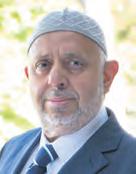

ing the floods of past months; and during the lockdowns we have all endured as part of the public health measures in response to the COVID-19 pandemic.”
The event was sponsored by Galaxy, University of Sydney, Pfizer, Innova and support-
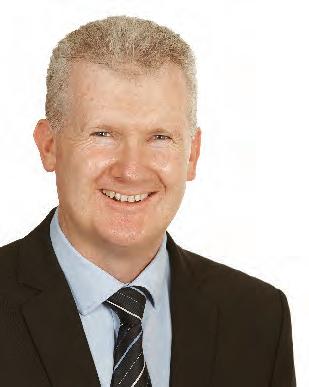
As the holy month of Ramadan comes to an end I want to thank the Islamic community for the generosity and charity they have shown to every Australian during the month of Ramadan.ed by NSWCCL, UNAA, AMUST, Zaman, Amnesty, Desi Australia, Trigger Media, IEP and ICSOA. Zia Ahmad is the Editor-in-Chief of the Australasian Muslim Times AMUST.
Indian Minority Education Society of Australia Inc (IMESA) held a fundraising Iftar event on Saturday 9 April 2022 at the Pennant Hills Community Centre hall that was filled to capacity with nearly 300 people in attendance.
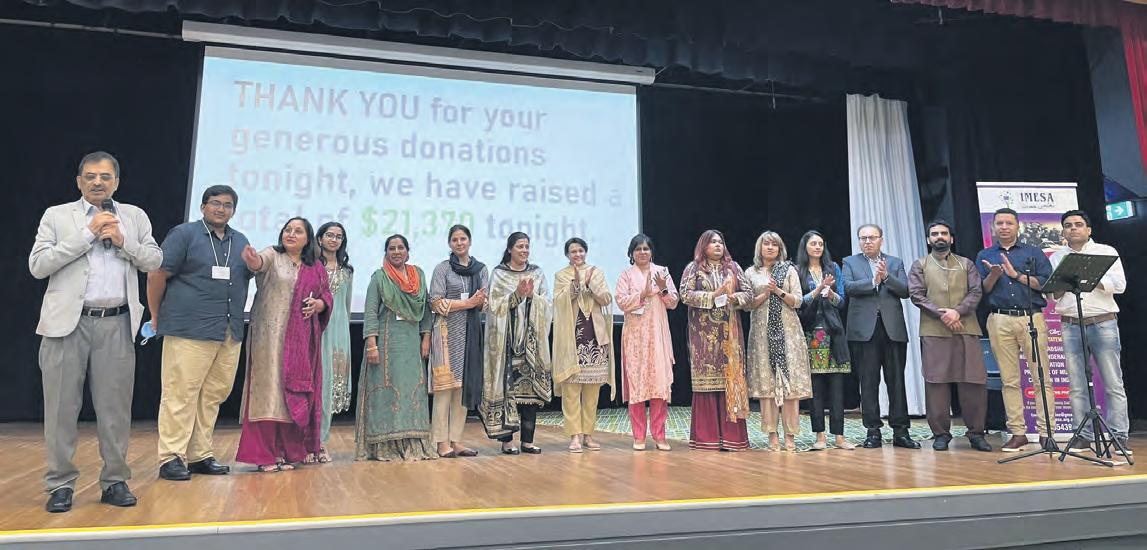
The program commenced with Quran recitation by Moulana Abeer ul Hassan Thanvi, a locally raised Imam, educated in South Africa. He gave an inspiring talk about the acquiring of knowledge in Islam. He asked the audience to read the Islamic history to learn about the great contribution to the knowledge and science during Islamic rule of nearly 1000 years.
The Muslims cities of Baghdad, Damascus, Cordoba etc were the largest centres of learning for the entire world during Golden Age of Islam (7th-13th century), imparting knowledge and undertaking research in all fields of sciences and philosophy. He emphasised the importance of education for Muslim children and appealed for giving zakat and sadaqat during the holy month of Ramadan.
A short film of IMESA showed the Taleemi Jamaat project details, the data on Indian Muslims and how their socio-economic backwardness had effected their lives, leaving them the least educated and poverty stricken community in the country.
A mini-documentary of IMESA run classes from various parts of India was also screened. In this documentary, a collection of clips, the poor students in various cities, their parents, and teachers told their stories and experiences and extended their gratitude to IMESA for the continued support .
IMESA has now been operating for a few years and currently running five projects successfully in Vadodara, Gujarat; Shaheen Bagh, Delhi; Saharanpur & Lucknow in Ut
tar Pradesh; and Boisar in Maharashtra benefiting hundreds of the poorest children and their families.
IMESA aims to establish new projects in other states of India. IMESA requests Indian Muslims living in Australia to let them know if you see any need of such projects at your native place and if you or your known ones (trusted and socially responsible people) would like to be a part of coordinating our new projects in areas where it will benefit the poorest children the most.
The fundraising call was very well received by the attendees who generously donated to the cause. The fund raising team consisted of Mr Zahid Jamil, Mr Syed Aslam Shaheer, Mrs Shaheen Firdose, Mr
Shahnwaz Ali supported by a team of volunteers.
Mr Zahid Jamil applauded the patrons for their generosity and thanked the team members and the volunteers for their tireless efforts.
IMESA aims to increase the educational levels of poorest Muslim children in India. Muslims number nearly 200 million in India and majority of them are among the poorest communities in India, and have below average levels of education, and suffer from deprivation of their basic needs.
IMESA seeks to improve the lives of these families through promoting education, both encouraging children to stay in school, and encouraging parents of child labourers to
enrol their children in school. It is achieved through educational campaigns, providing additional financial support for families (school fees, uniforms, compensation for lost), and providing after-hours study spaces and tutoring support.
By providing vulnerable children with an education, IMESA seek to improve their future employment and economic opportunities, to improve their overall socio-economic status, and ultimately pass on these benefits to their families and the broader community.
Please visit https://imesa.org.au/ for more details of the organisation and its activities.
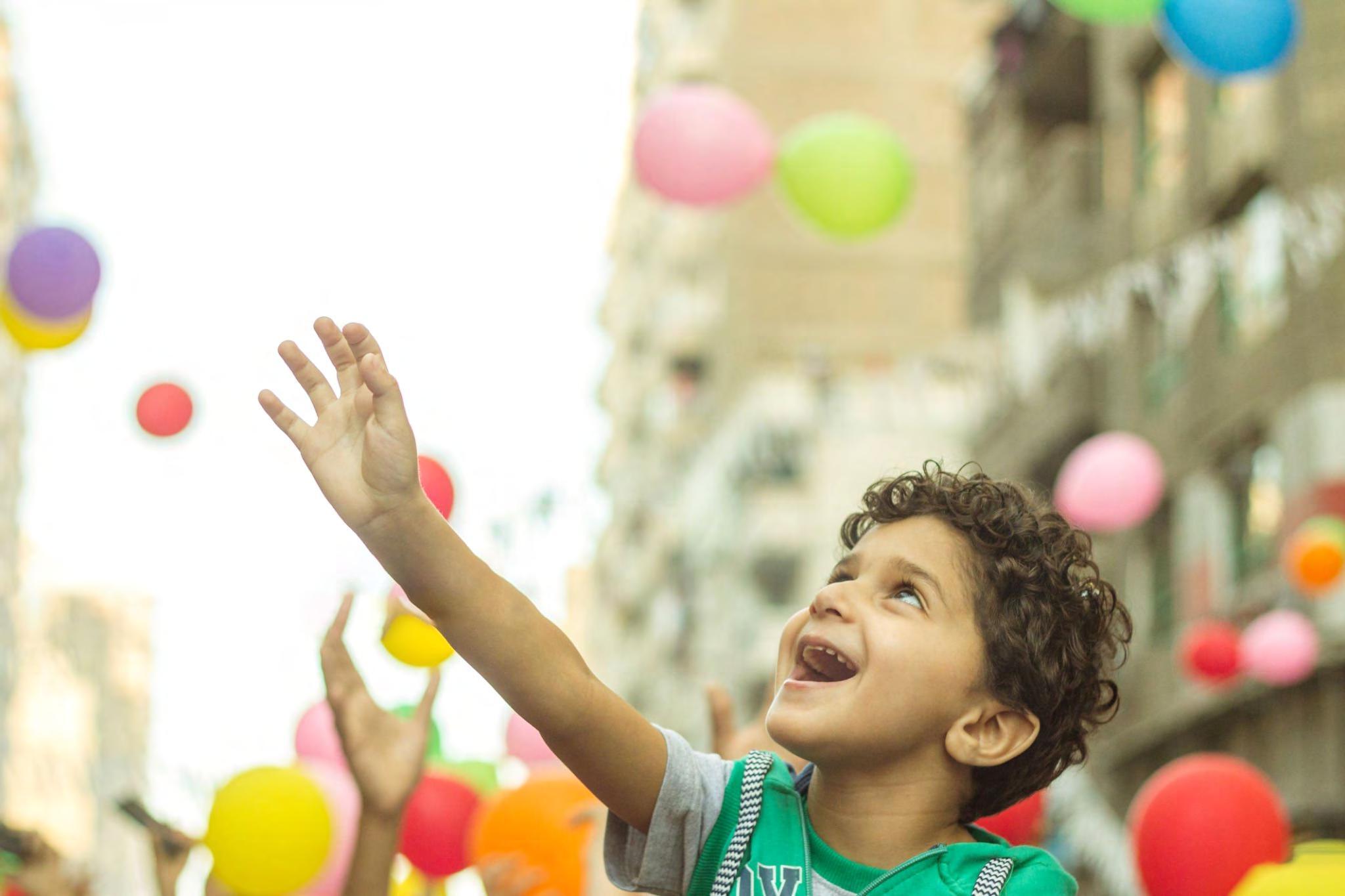
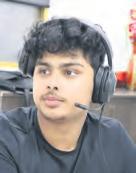
‘Good Beginnings’ has been collaboratively developed by the ‘Sir Zelman Cowen Centre’ at Victoria University and ‘Benevolence Australia, as a pre-marriage counselling resource for Muslim couples.
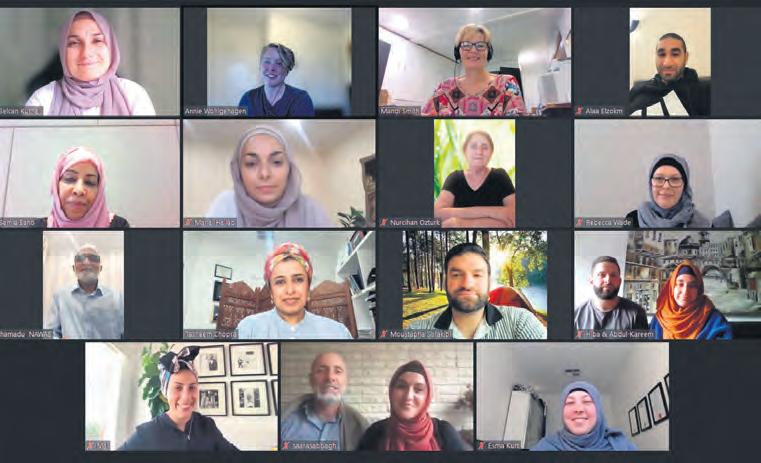
It is a world first primary prevention program funded by the Department of Social Services (Community-led Projects to Prevent Violence against Women and their Children – 4-DPV4EVR) to address the gendered drivers of violence against women using OurWatch’s primary prevention framework ’Change the Story’.
The program works to create opportunities for conversations with Muslim pre-marriage couples about how to build respectful relationships and strong marriages when they are at the beginning of their journeys together.
Good Beginnings was first conceived through the identification of a resource gap for pre-marital Muslim couples. While there are many resources for secular and other faith-based couples, there is no specific re-
source for young Muslim to-be-weds.
Recognising that community members are the experts in their own needs, the diverse Muslim community informed the con-
Good Beginnings pilot Marriage Mentors graduate from the program, March 2022 tent and delivery of the program. Extensive community consultations have been ongoing throughout Good Beginning’s development and delivery; with community’s voice informing the content and scope of the resources as well as program delivery.
Leaders in the Muslim community, experts in counselling and psychology and the wider Muslim community were all consulted in this process. The consultation focused on currently available pre-marriage programs, cultural and context specific needs of Victoria’s Muslim community, and best method of delivery.
By partnering with community members and organisations every step of the way, Good Beginnings has been able to incorporate Islamic teachings, best practice primary prevention models, scientific theory, and counselling techniques to make this a world first program that is tailored to the Australian context, and Muslim faith.
Using a train-the-trainer method, Good Beginnings trains Muslim community members who currently work as counsellors, marriage celebrants, psychologists, mental health workers or social workers to use the Good Beginnings model in pre-mar-
A Quran Competition for Huffaz, memorisers of the entire Quran, was organised by Al Tadhkirah Institute during Ramadan (1443) on Sunday 3 April 2022 at Masjid St Marys.

The Annual Ramadan
Quran Competition is one of the main events held by Al Tadhkirah Institute. It is the largest Nationwide Ramadan Quran Competition with hundreds of students from Sydney and from other cities of Australia participating every year.
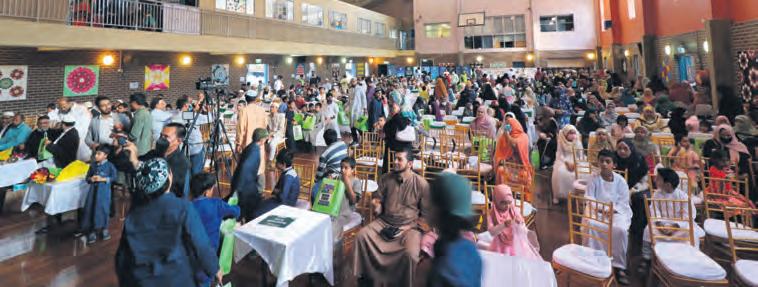
The event takes place every Ramadan in each state of Australia. Our foremost goal behind the event is teaching and instilling a love for the Quran, especially during the Holy Month of Ramadan.
We focus on the importance of the Quran and encourage everyone towards reading and studying the Holy Quran.
This year was another opportunity for the Huffaz of the Quran to once again compete with other fellow boys and girls to test their ability in the recitation and memorisation of
the Holy Quran. Alhamdulliah, this year there were over 240 participants from all across Sydney and different Madrasa.
The competition had judges from UMA, AlBayan Institute, Western Grammar School, Parramatta Mosque and Rooty Hill Mosque.
The event was sponsored by Human Appeal Australia, Human Initiative, Sadaqa Welfare Fund, Islami Barta, Tax Solutions, Meezan Islamic Finance, BNS Lawyers and GIM Foundation.
The Prize Giving Ceremony held on Saturday 16 April 2022 at the Australian Islamic College of Sydney (AICS), was attended by Mr Steve Kamper MP (Shadow Minister for Multiculturalism), Mr Zhi Soon (Federal Labor Candidate for Banks), Sheikh Tarek El Bikai (Managing Director, AlBayan Institute) and Dr Rafiqul Islam (Central President, Islamic Practice and Dawah Circle).
There were 800 attendees in the hall while the guests delivered their speeches in between the announcements of the winners!
Faisal Ashraf is the Head Admin of Al Tadhkirah Institute (ATI) - A project of Islamic Practice and Dawah Circle Inc. (IPDC) and is based in Sydney, Australia.
riage sessions with engaged Muslim couples. The course is nonprescriptive, rather it meets each couple where they are and teaches them simple techniques to turn the inevitable conflict that comes with marriage into opportunities for growth.
The first group of Marriage Mentors celebrated their graduation on Thursday the 24th of March. The Pilot Marriage Mentor cohort comprises of 11 individuals from across Victoria’s diverse Muslim community including Sheikh’s, General Practitioners, Marriage Celebrants, Counsellors and Psychologists. They are now all qualified to work with Muslim pre-marriage couples and equip couples with the tools to create long lasting healthy marriages.

If you would like to find out more and get involved in this Good Beginnings as a Marriage Mentor or take the course as a couple, please visit the Good Beginnings website or reach out via email to cowen.centre@vu.edu.au.
Selcan Kurnali is the Assistant Project Officer for Sir Zelman Cowen Centre at Victoria University and is based in Melbourne, Australia.
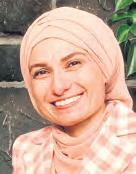

For almost 20 years since the first building was purchased at Edge Street, Ashabul Kahfi Islamic Centre (AKIC) is now preparing to begin the construction of its community centre in the Wiley Park area. This statement was uttered by the Ashabul Kahfi founder Dr Teuku Chalidin Yacob during the 2022 Kids Ramadan Intensive Course at Wiley Park.

However, the preparation has never been easy. After conducting a symbolic groundbreaking ceremony to mark the beginning of the construction at the end of 2021, AKIC`s original plan to demolish its premises in February 2022 turned out to be delayed due to some building design issues.
Mr Nurhakim, AKIC project manager for this construction project mentioned that based on the previous meeting with the councillor and town planner of the Canterbury-Bankstown Council, AKIC has to improve the basement design of the building in order to accommodate the Sydney water pipe that passes just below the construction site of the AKIC building.
Currently, AKIC`s consultant has accommodated those suggested improvements and the new basement design concept has been sent to Sydney Water for further review.
Once the concept is approved by Sydney Water, a proper application modification consent (s4.55 form) will need to be resubmitted to the Canterbury-Bankstown Council and this approval process will take another 2-3 months process.
For this reason, AKIC has to wait couple more months before starting the construction or demolition said Nurhakim via phone
Final Ramadan before demolition
Ramadan 2022 could be the final Ramadhan AKIC can organize at both of its properties before the construction begins. Since the approval of AKIC Development Approval (DA) in 2017, AKIC only has five years to start the construction or the permit will expire at the end of 2022.
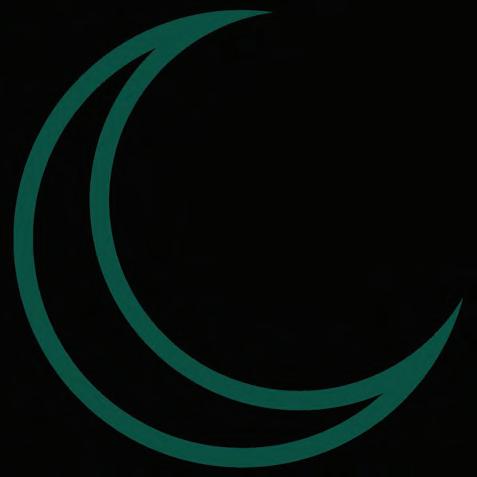




Eventually, AKIC is still struggling to collect enough funding to begin the construction. With the construction stage divided into three phases, the cost of building and developing the centre is estimated to reach AUD$ 2 Million. Each of which will cost around AUD$500,000 with an additional AUD$500,000 for planning and finishing.
To race with the timeline, AKIC has initiated more activities than ever before. Other than its routines, these new activities are to promote Ashabul Kahfi Islamic Centre to a larger community in Sydney and Australia. Among them; AKIC has organized a series of Islamic lectures and talks, short courses on learning Arabic, Shar`i wealth management, and an International webinar on Islamic economics, finance, and technology in Australia.
Recently, AKIC has also partnered with Crescent Wealth and assisted by Launchgood to run capacity building and crowdfund-

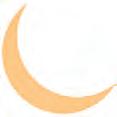




ing programs at the community level. And has also been recommended to be among the 10 crescent community champions for the local community engagements.
“Many Australian Indonesian youths have graduated from the Islamic studies programs run by the Centre and the Crescent Foundation is delighted to support them in their bid to build their purpose-built facilities for the community,” said Dr Syad Farooq the Executive Director of Crescent Foundation during the launching of AKIC crowdfunding page by launchgood.com.
Launchgood.com itself is a fundraising platform for Muslim communities. Being nominated among the 10 crescent Champions opens new opportunities for AKIC to raise funds this Ramadan using the Launchgood platform. Which, people are given many options to donate or make wakaf to AKIC this Ramadhan; either via the basic bricks donation of $25 to $100 or via the wakaf package of ¼ sqm to 5 sqm.
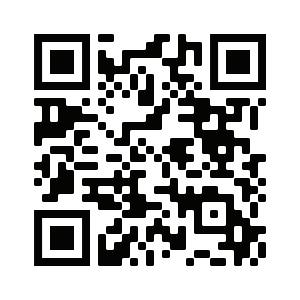
“We hope, the Muslim community in Australia and around the world will take part in making this centre into reality,” said Dr Teuku Geumpana the head of Ashabul Kahfi Islamic Centre. “To help is as easy as clicking the link of www.launchgood.com/ashabulkahfi and potential donors or wakif will be taken to the AKIC crowdfunding page”, he added.
The Journey of AKIC
Ashabul Kahfi started as a small school with only 6 students who wish to learn to read Quran in the Wiley Park area. Through a branch of the organization, the Ashabul Kahfi Language School has served more than 500 students to study Al Quran, Islamic studies, Arabic, and culture classes.

In its journey to becoming an Islamic Centre, AKIC has purchased two properties that were used to conduct its community activities. AKIC `s properties at Wiley Park also function as a mushalla, a madrasah, a training centre for different Islamic courses, and also as a gathering venue.
However, since 2014, the functions of both of these properties have not been optimally used due to the building permit restriction which is still under residential status.
The permit constraint has a direct impact on the operation activities. For example, AKIC has to rent or borrow other buildings in the Wiley Park area, to offer Friday prayers, tarawih prayers, or madrasah services.
The organization of two Eid prayers often changes locations and the madrasah services have to be offered in the public school building with the council’s permission. The lack of location integration has overburdened the members to participate in many activities held by AKIC.
When AKIC was granted approval to build and function as a community centre in 2017, AKIC is hoping to concentrate all its religious activities in one location.
Dr Teuku Geumpana is the Head of Development for the Ashabul Kahfi Islamic Centre (AKIC) Sydney, the Chairman of International Webinar on Islamic Economic, Finance and Technology Australia (IEFTAR) and a lecture at the University of Newcastle Australia.
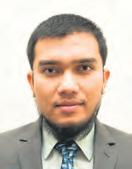
I hope that the month of Ramadan has been a time of peace, joy and reflections. Wishing you a very wonderful Eid-ul-Fitr!Proposed design for the new Ashabul Kahfi Islamic Centre in Wiley Park.

AssalaamuAlaikum / Greetings of Peace
We welcome all Australians of various faiths and cultural backgrounds to join us at Fairfield Showground on Sunday 15 May 2022 for the 37th annual Multicultural Eid Festival & Fair (MEFF). Great news! It’s free entry this year so please bring your extended family and friends.
MEFF is the first, the largest and the longest-running Eid Festival in Australia. This festive gathering of all Australians was the pioneering idea of Dr Qazi Ashfaq Ahmad OAM. It is of great sorrow to the multicultural Australian community that Dr Ahmad passed away on 10 February 2022 at the age of 91.

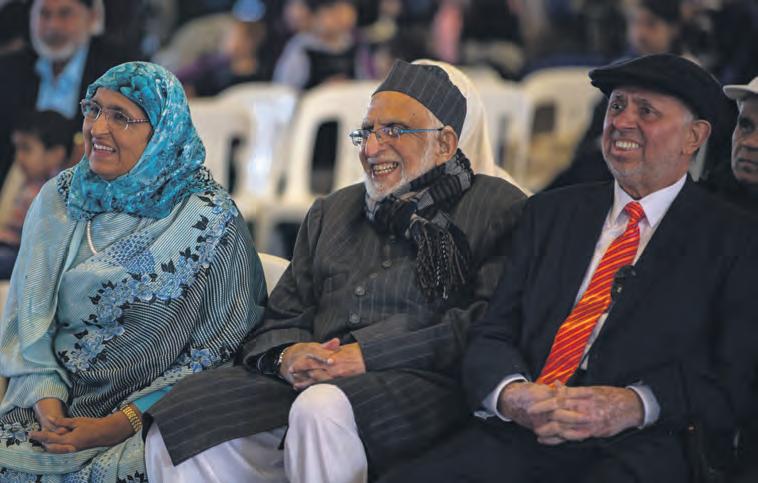
Dr Ahmad believed that communi-

ty-based volunteer work is the backbone of society. MEFF is based on volunteer work and its dedicated volunteers contribute their free time, effort and money to bring to you this fantastic social gathering. We encourage you to reach out and understand others and thus clarify your own beliefs and identity. We will realize that our similarities far outweigh our differences and then we work together for the betterment of the larger community. Dr Ahmad’s memory and achievements are kept alive through the active organizations he started, his books, and publications.
Today, MEFF stands as an Australian Muslim identity and showcasing Australian Multiculturalism. In the future, MEFF will be a better and bigger place for Australians to meet and bridge a stronger community bonding.
The annual Multicultural Eid Festival & Fair (MEFF) is the first, the largest and the longest-running Eid Festival in Australia that welcomes tens thousands of people from the Australian Multicultural community at Fairfield Showground.
MEFF started in 1987 and has been held every year since then except in 2020 and 2021 due to restrictions based on COVID-19 pandemic. The last MEFF was the 36th in a row held on Sunday 9 June 2019.
MEFF is usually celebrated on the Sundays following Eid Al-Fitr. Started by the Islamic Foundation for Education and Welfare (IFEW), it is run by the Australian MEFF consortium, a non profit community based organisation.
Its founder, Dr Qazi Ashfaq Ahmad realised that Eid was not being celebrated as a festival of joy as in his home country India and together with the help of his family organised the first MEFF in 1987 as a multicultural event welcoming all, thus founding
the first ever Eid Festival in Australia.
By 1991, MEFF moved to Fairfield Showground, very soon catering for tens of thousands of people from over 35 different multicultural communities, at its peak attracting up to 30,000 people.
MEFF is a showcase of multicultural Australia, an icon of Muslim unity in diversity providing a platform for celebration, tolerance and peace on a grand scale. Muslims from all backgrounds, ethnic communities, mosques and societies gather at MEFF to display their colourful costumes, sumptuous food, songs, folk dances and other displays within the bounds of the Islamic way of life.
Dr Ahmad passed away in February 2022, but MEFF continues as one of his legacies and a sadqa jaria, passing on the skills from generation to generation to celebrate Eid through Australian volunteerism in order to put smiles on the faces of young and old in an atmosphere of peace and harmony.
THIS
Please use this as a guide only
EXHIBIT STALLS ENTRY
VIEWING AREA FOR FIREWORKS
R3


Stall Name
Absolute Showbags
Showbags
Ausgreen Steel Frames & Trusses Pty Ltd
Designs manufactures/fabricates and assembles steel wall frames and roof trusses for residential buildings
Amal Makki
Womens Islamic Wear and Clothing
Australian Airbrush Company
Airbrushed temporary tattoos with safe inks
Australia for UNHCR
Donations | Handmade items
Discover the Cover
Hijabs | Shawls | Hijab Caps | Pins | Clothes | Hijab Accessories
Face Ace
Henna & Facepaint services. Henna used by us are 100% organic and skin friendly.
Henna by Shoily
Henna Service on Hands | Henna Cones
IIPC Canada

Registered charitable organization
Ilhaam Serhan - Thermomix Consultant
Thermomix (Kitchen Appliance) | Kitchen Gadgets | Cleaning
Brushes | Baking Mats | Baking Trays | Cook Books | Serving
Pots: Thermoservers | Spatulas | Whisks
Islamic Forum For Australian Muslims
Islamic Literature | Dawa’h Materials
Kaniz Fatema
Light Up Toys | Light Up Bubble Gun Toys.
Khatoons henna
Henna Art | Facepainting
Love Learning Quran
Demo of online teaching system
Modest Designs
Hijab, bonds, Jilbabs, 2pc, 1pc hijab, modest clothing
Next Level Paintball
Paintball Vouchers
Pamposh Clothing
Clothing, Jewellery
Saint Columban's Mission Property Association
The Sydney Statement & The Golden Rule Posters and booklets
SBS
SBS
Spatnik Australia Pty Ltd

Jewellery | Misc. Items | Mobile Accessories
Sydney lighting and toys
LED Items: Glow Glasses | Glow Princess Sticks Wands | Hand Lightings Flippers | Electric Bubbles Guns | LED Flowers Headbands | Lighting Glowing Swords | Kids Frozen Sets
Ummah Books
Islamic Books | Puzzles
Walidsportsclothes
Afghani Dresses | Afghani Goods | Soccer Jerseys
Wishkart Pty Ltd
LED: Spinner Toys | Sticks | Fans| Swords | Toys | Bubble Toys
WM Enterprises
Scarves | Stoles | Abayas
Stall No. Information Stalls
Arrahma Islamic institute
Learning Quran with Meaning
Australian Relief Organisation
Registered Charity & Public Benevolent Institution
House of Sakinah (Women Support Centre)
Women's support centre that aims to assist & facilitate women in need & provide support.

Indian Crescent Society of Australia
Platform for Indian Muslims of Australia
United Australia Party
Political Party
Stall No. Sponsor Stalls S1
H1
Meezan Wealth Management
Hub that helps people with their Super, investment, Home nance and entrepreneurial journeys.
Islamic Foundation for Education & Welfare (IFEW)
| Books
Australasian Muslim Times AMUST
Eat Indo
Indonesian Chicken Satay | Beef Satay | Lamb Satay | Indonesian Opor Ayam (Chicken Curry) | Water | Soft Drinks
Himalaya Pakistani & Indian Restaurant
Tandoori | Naan | Curries | Soft Drinks
May's Malaysian Hawker
Mee Goreng | Nasi Goreng | Singapore Noodles | Char Kway Char Bee Hoon | Fried Radish Cakes | Mi Goreng Fries (Hot chips)
Spice Up Now
Gol Gappe | Dahi Puri | Bhel Puri | Papri Chaat | Samosa Chaat
Poori, Halwa & Chole | Soft Drinks & Water | Special Indian Tea
Aussie sisters catering
Freshly made French crepes with a range of toppings: Strawberry Banana | Nutella | Maple Syrup | Lemons Sugar | Honey
Jordan kebab
Beef and Chicken Kebabs | Hot Chips | Chicken Sticks | Chicken Chips | Spring Roll | Pluto Pup | Hot Dogs | Soft Drink | Co ee
SARKIS ENTERPRISES NSW PTY LTD
Fried Chicken | Fried Chicken Burgers Combo | Fried Chicken Combo | Drinks | Chicken Mini Wraps | Fries
Sydney ice cream
Ice cream | Slushies | Co ee
The Haus Of Bean
Co ee | Bottles of Drinks
Twist Chips on a stick pty ltd
Fresh: Hot: and Delicious Chips On A Stick with Endless Flavours Hot Chips | Grand Hot Chips With Fresh Salad & Spices | Nachos Hot Corn in a Cup | Corn on Cob | Samosa Chaat | Indian Full
Dahi Bhalla | Indian Burger | Vada-Pau | Dabeli | Churros | Onion
Rings | Mozzarella Stick | Soft Drinks | Energy Drinks | Water
Desserts and more

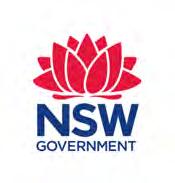
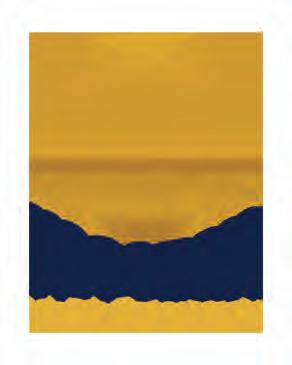



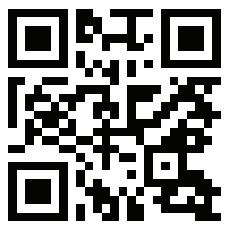
Session 1: 10.00 am - 11.25 am
MC: Talib Bismi
Welcome
Rehersals Talib Bismi Performers
Session 2: Main Ceremony 12:30 pm - 2:30 pm
Welcome
MC
Quran Recitation
Qari Mustafa Taheri
National Anthem
Mehreen Javed
Hanif Bismi
President of MEFF
Taekwando Performance
Erkan Martial Arts
Zia Ahmad
Trustee of MEFF
Drumming Performance
Ghanian
Speech
Children’s Cultural Display
Pakistan Australia Assoc.
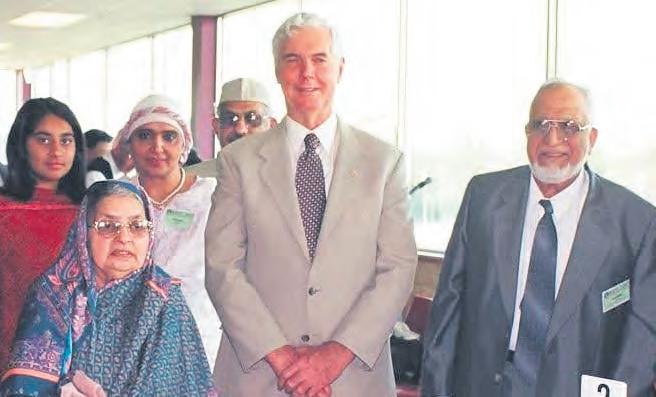
Rokibul Islam
Meezan Wealth Management
Speech
Speech
Thanks & End
MC
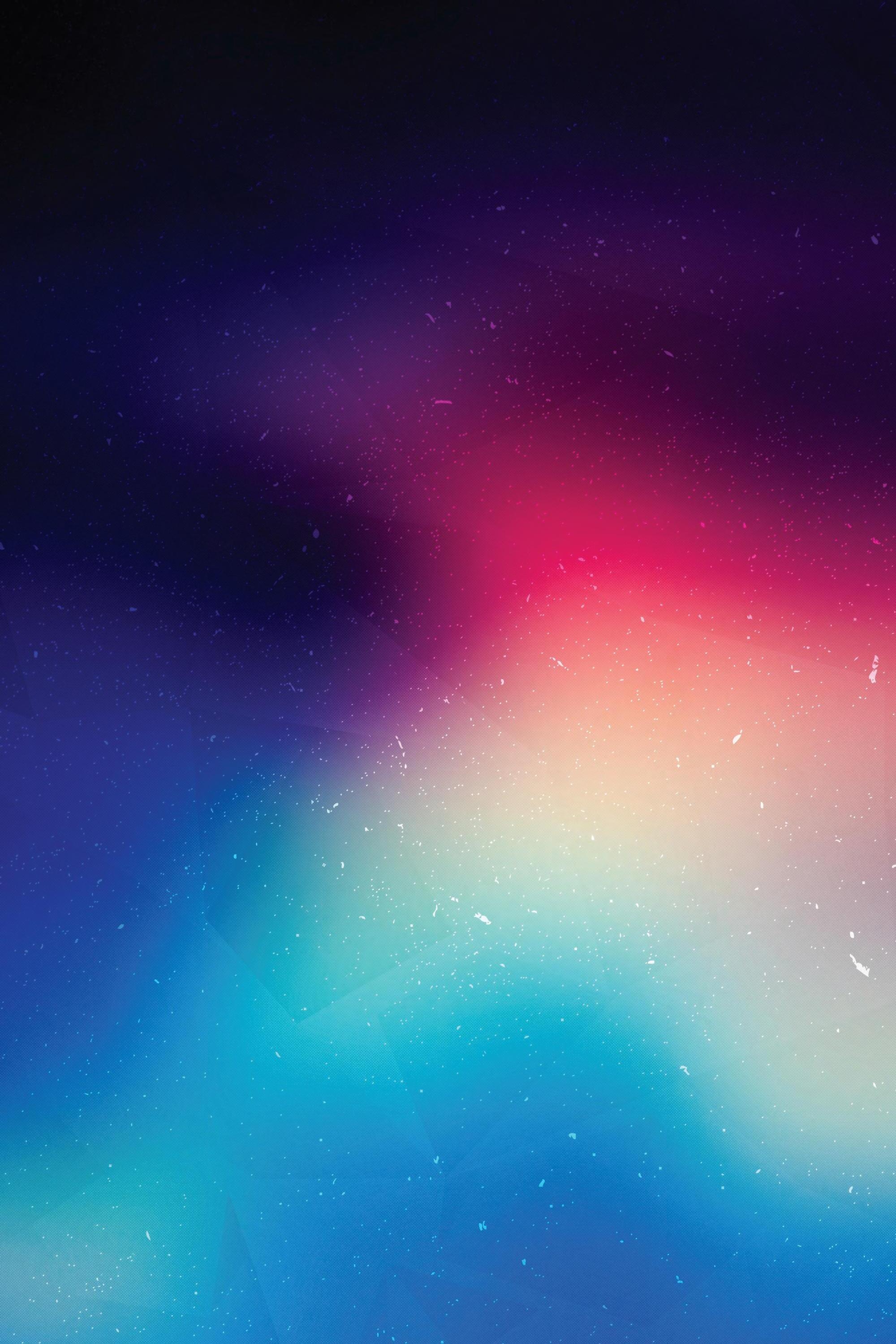
Session 3: 3:30 pm - 5:00 pm
Balloon Twisting The Magic Show
Clown
Julian Bull
Open Stage
FIREWORKS AT 7:30PM Near the Oval
Co-ordinator: Fousiya Bismi Zuhr
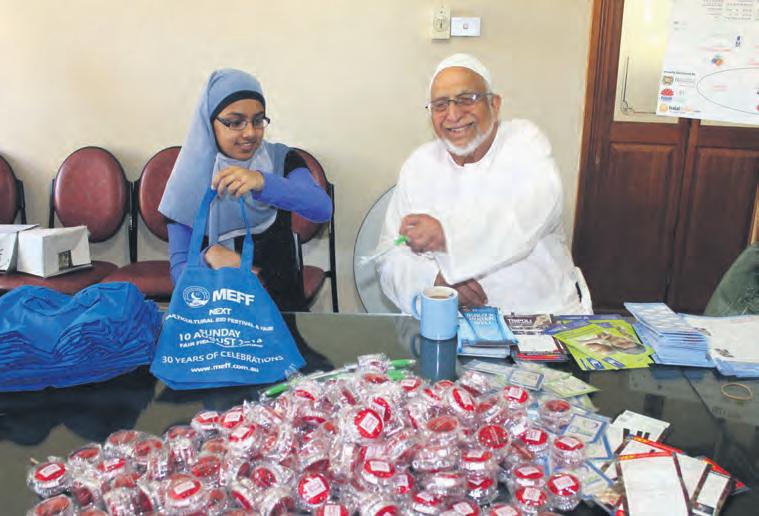
Introductory address at the Interfaith Iftar c0-hosted by the Diocese of Parramatta and the Columban Centre for Christian-Muslim Relations on Wednesday 20 April 2022 at Novotel, Parramatta.
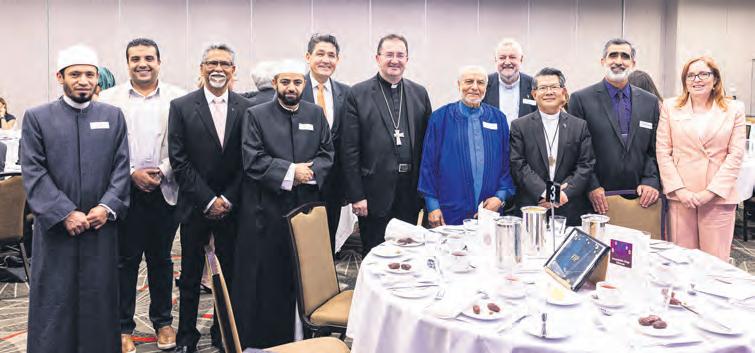
Ramadan is a wonderful time of grace.
According to a hadith, a saying of the Prophet Muhammad (s):
When there comes the month of Ramadan, the doors of heaven are opened; the doors of Hellfire are closed; and the devils are chained.
Such is indeed a propitious time. However, a similar Islamic account of God’s abundant bounty almost killed me! Many years ago in Pakistan, I was weaving my motorbike through the traffic of Lahore, dodging motorbikes, cars, buses, trucks, rickshaws, bicycles, pedestrians, horse-drawn tongas, and the occasional camel-cart, all of which claimed the right of way. I was thinking about my homily for the following Sunday. The text was from Matthew’s Gospel:
Enter through the narrow gate; for the gate is wide and the road is easy that leads to destruction, and there are many who take it. For the gate is narrow and the road is hard that leads to life, and there are few who find
it. (Mt 7:13-14)
As I was thinking about the “narrow gate”, a hadith came to my mind, with the prayer that is said on entering a mosque, the prayer that is often inscribed above the door of the mosque: Allahumma iftah lī abwāba rahmati-ka
O God, open to me the gates of Your mercy.
And as I thought about that plural—not the narrow single “door” of Your mercy, but the plural wide-open “doors” of Your mercy—I felt the superabundance of God’s mercy, and tears started streaming down my face. And that is how Islamic sentiment nearly killed me – when you are dodging through Lahore traffic, you can’t afford for your eyes to become blurred with tears!
Does that mean that Islam is more generous in dispensing God’s mercy than Christianity? Not at all! Just this past weekend, Christians commemorated the death and resurrection of Jesus. Muslims cannot accept that Jesus died on a cross, for it would be a failure of one of God’s prophets. For Christians, the cross is not failure, but the necessary way which opens to the “success” of resurrection.
More to my point, Jesus stretching out his arms on the cross is God’s universal embrace of all people and all creation. The Gospel states that at the moment of his death, “the curtain of the temple was torn in two, from top to bottom” (Mt 27:51, see also Mk 15:38). This is a symbolic way of declaring that in Jesus, God is not concealed
in one place, for one tribe, or one people, but is open to all nations.
Even more dramatically, the Apostles’ Creed states, “He descended into hell”. As God is the author of life, and death the antithesis of life, all who died were considered consigned to hell. Jesus “descended into hell” to open the doors of hell, not to let souls in, but to release all the dead who were imprisoned there since the beginning of human history. Thus, the risen Jesus is Lord of the living and the dead. In Christianity too, God’s mercy is superabundant.
It is perhaps ironic that Islam, which insists on tawhid, the oneness of God, also insists on the multiplicity of doors to God’s mercy; and Christianity, which confesses the Trinity, three Persons in the one God, insists on the oneness of the door to salvation (c.f. Jn 10:1-10) – but that one door is universal and open to all.
The medium in each case is different, but the message of Islam and Christianity is the same. God’s mercy is abundantly available to all, freely given, freely poured out. We Christians and Muslims, therefore, must show mercy to one another, and to all others, for we are all sisters and brothers.
That is the common message of Ramadan and Easter.
Rev Dr Patrick McInerney is the Director of the Columban Mission Institute and Coordinator of its Centre for Christian-Muslim Relations and is based in Sydney.

Keynote address at the Interfaith Iftar on Wednesday 20 April 2022 at Novotel, Parramatta.
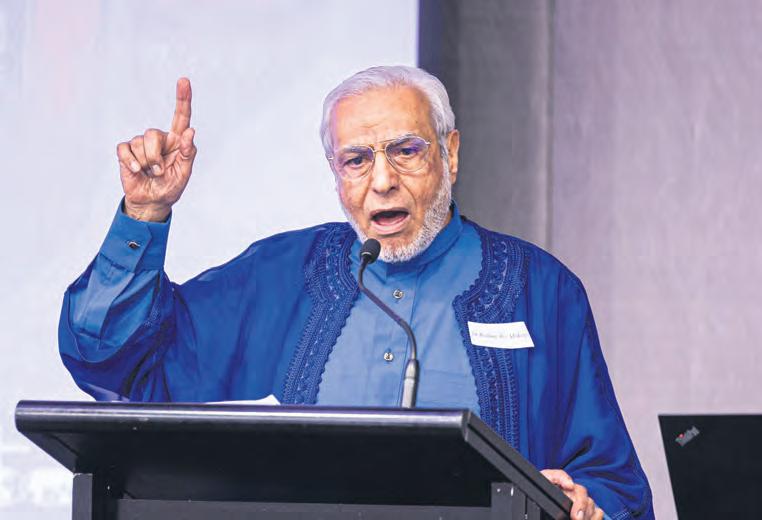
I begin by thanking my dear brother and friend, Vincent Long, and my dear father and friend, Patrick, and the rest of the stakeholders of this council, for this kind invitation.
I am pleased to see you all in this gathering, which builds bridges of understanding and establishes love within our community. Tonight, we represent how our beloved country, Australia, remains a model of multiculturalism and acceptance.
Ladies and gentlemen: Religion in its true and divine essence, was and still is the founder of human civilization, the incubator of science, the guardian of the human mind, the protector of freedoms, the supporter of the oppressed and a deterrent to the aggressors.
Religion, as we learned from its pure sources, was and still is an approach to justice, protection for people, architecture for the universe, and an enemy of poverty, disease, hunger, and everything that humiliates human dignity.
It is a call for peace that rejects wars, and a call for security that rejects violence, terrorism, and intimidation of people.
It is an invitation to the mind to think and be guided, and an invitation to the heart to believe and be reassured, and an invitation to the soul to be filled with love and joy.
Respected guests: Societies in which racism and hatred prevail, and where regimes take an anti-religious stance, and do not trust its strength and ability to create values of love, tolerance, and justice, will fall into chaos because it will not be able to impose an external obligation on a person who has lost all sense of self discipline.
Ladies and Gentlemen: One of the biggest challenges facing religious leaders is that
we live in a world that suffers from moral crises and spiritual drought, and in its dealings only the interests and ambitions that have brought us wars, ruin and murder, is known. Neglecting the great role of religion in the life of societies inevitably means social collapse and the dominance of violence and hatred, and the absence of moral values.
The thinker and writer, philosopher Voltaire, turned to this devastating danger when he warned, “Why do they doubt in the existence of God, without whom my wife would betray me, my children would disobey me, and my servant would steal from me”
And what this great thinker pointed out and warned against means that the absence of religions and the disruption of their role at the level of individuals, societies and countries constitutes a human catastrophe that creates areas of moral chaos that make extremists, racists, advocates of hatred and outlaws the ones who lead the world.
It allows them to hold the reins of legislation and laws and pushes their agenda to tamper and threaten the natural order of the universe.
One of the challenges that affect the credibility of religious leaders is that it is neither reasonable nor acceptable to turn our faces towards God in the places of worship and then turn our backs on the oppressed and homeless people in Ukraine, Palestine, Myanmar and the Uyghurs; they ignore rather than condemn the events in the city of Jerusalem, where worshipers are assaulted and prevented from attending their prayers in the Al-Aqsa Mosque in the most holiest of months.
This is unacceptable and needs to be addressed by our leaders loud and clear.
Hence, it is our duty as leaders of religions to ignite the light of faith in the depths of the human soul so that man returns to his instinct that promotes faith and what it contains of love, so that the purity of the soul, the radiance of the heart, and the genius of the mind return to him, and turn towards so-
cietal reconstruction instead of conflicts and wars.
Playing this role is a living response to the call of the great messengers to spread love and make peace.
Respected guests: We have the right to be happy because God chose us as advocates of love and peace. God is love, and John wrote in his first epistle:
“Dear friends, let us love one another, for love comes from God. Everyone who loves has been born of God and knows God. Whoever does not love does not know God, because God is love.”
He also said:
“Whoever claims to love God yet hates a brother or sister is a liar. For whoever does not love their brother and sister, whom they have seen, cannot love God, whom they have not seen.”
The same message was addressed by the Messenger of Allah, Muhammad (s): When he said, “One does not enter Paradise until they believe, and you do not believe until you love one another, shall I tell you of
something that if you do you it will cause you to love one another? Spread peace among you.”
Ladies and Gentlemen: I do not need to remind you that if it wasn’t for the Islamic and Arab culture, the works of Socrates and Aristotle would not have been known. As the Arabs and Muslims were the one who interpreted their work and dispersed it to the rest of the world.
Finally, let us be mindful of how the media can warp our views of one another. We must be wary of this and make the effort to truly understand without the hindrance of those who wish to divide us.
I would like to end with the verse:
“O you who have believed, enter peace completely [and perfectly] and do not follow the footsteps of Satan. Indeed, he is to you a clear enemy.” (Quran 2: 208)
We pray for peace to prevail across the world. May Allah protect Australia and its citizens.
Ramadan Mubarak to you all.

While antisemitism, Islamophobia and racism appear to be on the rise there appears to be a light at the end of the tunnel. In this case it is a Greens light.









































On Tuesday 12 April, there were two important visitors at the Sydney Jewish Museum. At the invitation of Philip Feinstein, CEO of Jews for Refugees, senior Greens Senate Candidate David Shoebridge and Kym Chapple, Deputy Mayor of Randwick Council and local Greens member, visited the leading Jewish historical memorial.
Greeting them at the entrance was Kevin Sumption, CEO of the museum. “We are delighted to welcome you to the museum” he said.
The Jewish Museum has many visitors every year including 30,000 children from various backgrounds and people from many different religions.
The museum documents the Holocaust, the history of the Jewish people in Australia, and explores human rights issues in Australia. Mr Sumption and a senior guide led the visitors through various exhibitions.

“Having launched a new digital stories platform, visitors can browse curated stories and images from our collection and Holocaust survivors can share their personal stories” the guide explained to these special guests.
The tour wound it’s way to the Sanctum of Remembrance, a memorial to the departed.
Shoebridge commented on his knowledge of Aboriginal leader William Cooper who in 1938 led a delegation of the Aboriginal League to the steps of the German Consulate in Melbourne to protest against Kristallnacht in Germany and Austria and the oppressive treatment of the Jews following.
Kevin Sumption then explained to the visitors how Cooper’s family has since been honoured in Yad Vashem in Israel.
Coming into the black marble forecourt, it was explained how the NSW Jewish War Memorial walls are inscribed with the names of nearly 3,000 Jewish service people, including 177 who gave their lives in the service of Australia in the two world wars.
The Jewish Museum is not just about history, it offers visitors the opportunity to pay their respects in a dignified and solemn environment. And looking to the future, it is involved in noble actions such as being a promoter of peace, unity, love and harmony; helping those in need; treating people equally without discrimination; giving something back to society; leading by example; having a caring heart; and putting oneself in someone else’s shoes.
This section is called ‘Be a Mensch’. Now, more than ever, our societies need more individuals practising small acts of kindness on an everyday basis, working towards making the world a more accepting and welcoming place. In other words, we need more Mensches.
As the tour came to an end, David Shoebridge said, “I am thankful for the oppor-





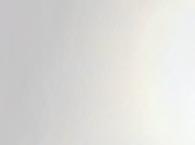



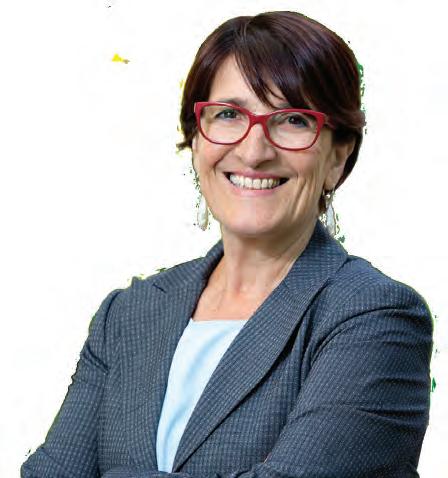
tunity to visit and take a small part in the collective retelling of the Holocaust and the evil behind it.” He also expressed the desire for more unity and dialogue between the Greens and the Jewish community. Kevin Sumption voiced his approval and so a meaningful gathering ended on a very positive note.
Once outside the museum an appropriate photograph was taken at which point Feinstein, Shoebridge and Chapple headed for a coffee at a local restaurant. They were joined by Alex Ryvchin, Co-CEO of Executive Council of Australian Jewry. In commenting on the tour of the museum, Ryvchin said: “No visitor comes away unmoved or
unchallenged and I hope Mr Shoebridge’s experience fosters a greater understanding of the Jewish people.”







































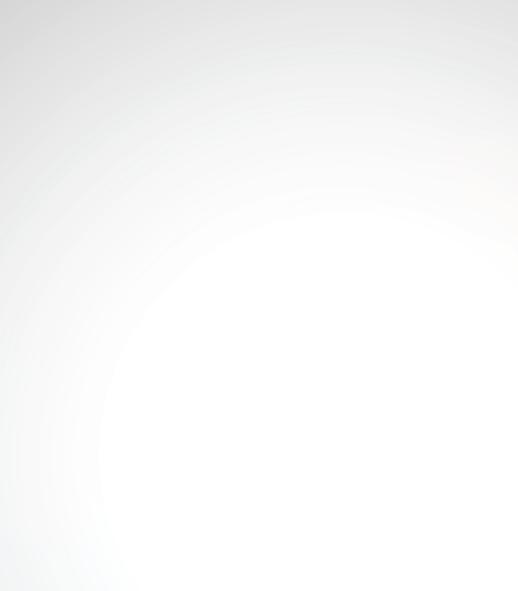
David Shoebridge lauded, “The museum has the power of remembrance, the power of truth and the power to change minds” and then echoed his earlier comment of needing more unity and dialogue between the Greens and the Jewish people.
At this point the sun came out and everyone parted with smiles on their faces.
Philip Feinstein is a Sydney based writer, musician and activist working for MUSIC FOR REFUGEES www.musicforrefugees.org
Tasnia & Fariha from Arise Foundation aim to empower and create security for financial abuse survivors in Australia.
Imagine, your partner has given you just $2.50. Will you spend this money on food for the family, sanitary napkins or put it towards your children’s school needs?
This is a daily reality for millions of women in Australia today. According to the Australian Bureau of Statistics, 16% of Australian women experience financial abuse within their lifetime.
What is financial abuse? It is a type of modern slavery and a serious form of domestic and family violence. Abusers will often take control of their victim’s finances, coercing them into taking on debt, or cutting off access to money in order to maintain their power and control in the relationship. This leads to other forms of abuse including physical and sexual abuse.
There are various organisations and services available for survivors of domestic and family violence and modern slavery at the Crisis stage. But what happens next? How are survivors supported to ensure that they are not left homeless or return to abusive situations?
That’s where Arise Foundation Ltd (Australia) comes in, at the Recovery stage. Our aim is to empower and create security for

The dusty yesterdays are forgotten, they are worn out and gone. The joy of a new beginning brings bright expectations; the family comes in glad, hopeful and hearty. There is a joint appreciation of the luminous creation.
The sunshine caresses old faces and old spirits rejoice, at last, a radiance.
Dr Reginald Naulty, originally from Adelaide, has taught at Charles Sturt University and has been a prolific writer since 1972.
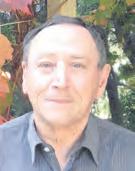
financial abuse survivors, the Arise women, within Australia.
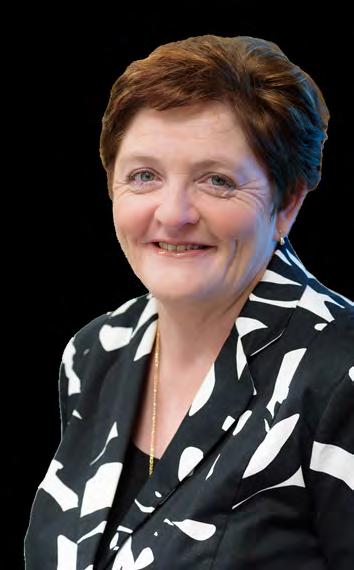
We do this though our Employment Pathway program and providing the women access to a network of peer and professional support. How does it work:
1. Free in-house courses on basic digital and English literacy, on needs basis.
2. Free in-house Employment training conducted by professionals with focus on Empowerment & Well Being, Financial Literacy including budgeting, savings and tax and Basic Foundation skills such as communicating effectively, resume writing and job interview preparation.
3. We then assist the women be placed in paid employment.
We have launched the Arise Foundation Ltd (Australia) this year and have been overwhelmed by women needing help. Join us to break the cycle of abuse, homelessness and intergenerational violence.
To find out more, check out: https://arisefoundation.org.au
Fariha is the CEO & Co-founder of Arise Foundation, a NFP organisation based in Sydney. Arise Foundation helps financial abuse survivors in Australia gain financial freedom through free in-house employment training, no-interest loan and access to a support network of peer and professional partners/organisations.
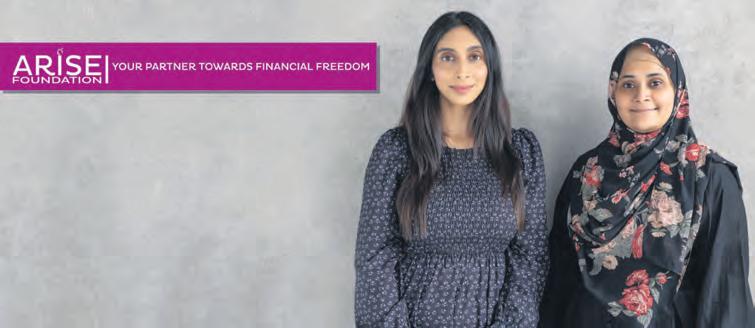
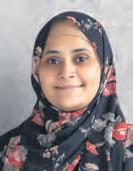
Ramadan Street Food Festival was observed on the streets of Auburn, a Sydney suburb and another Muslim hub like Lakemba, on Saturday 23 April 2022.
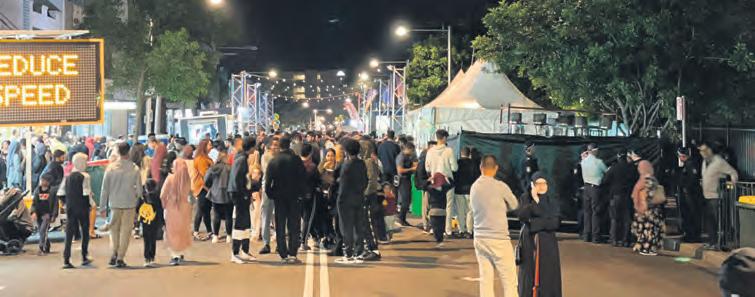

Auburn Road in Auburn is a popular eatery street and a big part of the street was occupied with a variety of food stalls. Some other stalls with clothes and accessories could also be seen. The rush clearly reflected that a lot of people attended and enjoyed from a variety of foods.
There was a road closure on Auburn Road between Beatrice, Queen and part of Mary Street in Auburn. The council informed the local residents in advance that this is going
to happen. The Council authorities managed the event so well and their efforts were highly appreciated. The weather was supportive as well.
Such events play a role in bringing the community together. Certainly, food is a catalyst in bringing people together and events like this make it easier for Stall owners and restaurants to bring out their best and most popular foods to a large number of people.
The event was conducted on 23rd April which fell under the last 10 nights of Ramadan 2022. It would be great if it were to be conducted in the first 20 nights because Muslims are extra focused in prayers during the last 10 nights of Ramadan.
We hope that this aspect is considered in the future.
Naveed Mohammed is a Digital Marketer, a sports enthusiast and a community worker based in Auburn, NSW, Australia.
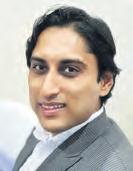
Activate Youth (AY) hosted the Annual Youth Leaders Multicultural Iftar, in collaboration with the Board of Imams Victoria (BOIV) on Sunday 24 April 2022. The sold-out event had over 120 participants from all across Melbourne to discuss relevant issues in the community.

AY President and Co-Founder Dr Aaqil Rifai addressed the audience by highlighting the objectives within AY, the importance of collaboration and the purpose of the event, informing that it is a dialogue, an occasion to come together with the aim of closing the gap between the youth, the elders, and community leaders.
This year, a platform to reflect and find tangible solutions was set up by writing down key points of discussion and build a better future for Multicultural Australia.
The Secretary of the BOIV, Sheikh Muhammad Nawas, delivered an informative presentation, showcasing the services that BOIV offers, including Marriage Registrations, Couple and Family Counselling, and Inheritance and Islamic Wills.
We were pleased to have the Youth Commissioner, Luna Folly and Deputy Commissioner, Bwe Thay from the Victorian Multicultural Commission attend the iftar. Luna made reference to the significance of engagement within the multicultural community to enhance social integration.
The facilitators ranged from expert professionals and faith leaders to cater for conversations such as Islamophobia, Marriage, Youth Leadership and Interfaith Faith Engagement, primarily to engage a youth-led perspective.
Activate Youth will continue to empower, lead, and inspire the next generation of Australian Multicultural Muslims by creating shared experiences to establish a sense of belonging.
Ameera Syed
As Eid Al-Fitr returns this year, we are reminded how blessed we are to have made it through to experience this Ramadan while being able to help our brothers, sisters and children through challenges most of us are sheltered from. As Ramadan passes each year, we see how many Muslims are empowered by the Zakat we receive and distribute to help those who are severely afflicted by what we wouldn’t imagine someone in Australia to experience. SubhanAllah – although we’ve all struggled
and experienced hardships in different levels during the pandemic, there were many people right here in Australia who needed more active support from our community through Zakat.

Since Ramadan last year, we’ve served nearly 3000 Muslims who were suffering in silence through a plethora of challenging situations including financial hardship, domestic violence, homelessness, and more. We saw a rise in the number of Muslim international students and workers who would find themselves unemployed, unable to sustain themselves and/or get back home while not having any government benefits or community support.

Domestic violence was also another issue that plagued our community at a severe level as stressful family situations would turn into abuse during lockdown. However, we were blessed with a supportive community through our team, donors and partners who collectively helped us distribute Zakat of nearly two million dollars since last year to provide immediate and ongoing assistance to these clients.
To provide further long-term solutions and support for our Australian Muslim community, we continued to expand our Community Programs to include services for End-of-Life support, Support Networks for Muslims with severe illness, disability and more. As part of our Community Programs, we went a step further and established two new Zikkies Thrift Stores, in Campbelltown (NSW) and Coburg (VIC), alongside our first store in Liverpool (NSW) to assist our local communities by providing them quality goods at affordable prices.
We’ve also successfully conducted several initiatives such as the Real Talk series and Zakat Tour Masterclasses which provided NZF the opportunity to reach out to the Australian Muslim Community and engage in honest conversations on the Pillar of Zakat and the local need for it.
The Real Talk series has launched more than 30 episodes since last April in partnership with experts, local advocates, community leaders and people of knowledge on topics addressing real problems that our community face. Additionally, we’ve conducted nearly 20 Masterclasses at local community centres and mosques to provide everyone the opportunity to learn about Zakat in detail so they can fulfil this act of worship correctly.
Alhamdulillah, overall, the journey to this Eid has been one filled with blessings, both seen and unseen, which we hope that you have been able to partake from and share with those around you. If you would like to be one of the people who can help those in need here in Australia or simply learn more about our work, please visit us at www.nzf.org.au. Eid Mubarak, dear readers!
Feeling chronic sadness, empty, worthless, teary, and having recurring thoughts of self-harm all the time, every time and not knowing exactly why you feel these emotions are significant signs of Depression.
Depression is now categorised as a disease and can exist by itself in different combinations such as Post Natal Depression
(affecting new mothers), Bipolar Disorder (periods of major happiness and major sadness), Dysthymia (mild, chronic sadness existing for at least two years) and Seasonal Affective Disorder or SAD (affects people during shorter, darker months in autumn and winter), to name a few.
Is feeling sad the same as being depressed? No. Not really.
Signs and symptoms of depression often go unnoticed because our society expects people to “suck it up and keep fighting.” There are stigma and shame associated with anyone showing vulnerability in acknowledging weakness. The fact of the matter is
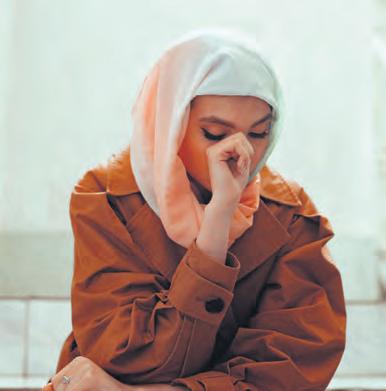
that we are all blessed with strengths and weaknesses.
Sometimes, some people dwell on their weaknesses for too long and develop a mindset of feeling worthless. This feeling brings deep sadness, tearfulness and eventually begin to entertain thoughts and sometimes specific plans of self-harm.
Physically, the body responds to these symptoms in the following way:
• Loss of appetite or some times increased appetite (emotional eating)
• Insomnia, or, for some people, too much sleep
• Loss of energy –Fatigue
• Inappropriate guilt – recurring thoughts of “It’s my fault”
• Confusion, inability to make decisions – recurring thoughts of “I don’t know what to do”
• Isolation, often remaining alone in one part of the house for too long, such as extended hours in the bedroom or extended hours on the balcony watching out into space
• Lack of physical movements – always preferring to lie down or sit for extended hours, or mindlessly watch TV or scroll on the device, not really engaging
• Lack of interest or pleasure in any activity
• Inability to find joy in any situation – recurring thoughts of “Why is it always so hard for me?”
• It is possible to overcome depression. It must start with small steps of self-kindness when practicing the following strategies:
• Obtain a full blood test and seeking help from GP to diagnose any thyroid dysfunction, vitamin and mineral deficiencies, and hormone tests.
• Find a person you can confide in without fear of being judged (counsellor/ psychologist/ therapist) and talk to that person to process your feelings to heal
• At least 30 minutes to 1 hour of physical activity daily – walking in nature, swimming, dancing, cycling
Cognitive behavioural changes (becoming mindful of changing thoughts that don’t serve you to thoughts that do serve you) – positive reframing
• • Silence for 5-10 minutes daily, preferably after Fajr or Isha salah, focussing only on your breath Dhikr of Allah – moisten your tongue with the dhikr of Allah as much as possible
• Journaling out your feelings
• Tell yourself this positive affirmation:“Every day in every way, I am better and better. Thank you, Allah.”
• Guided Duaa Meditation. The following are two guided duaa meditations that I often use with my clients.
1. Faith over Fear
2. Shukr (Gratitude).
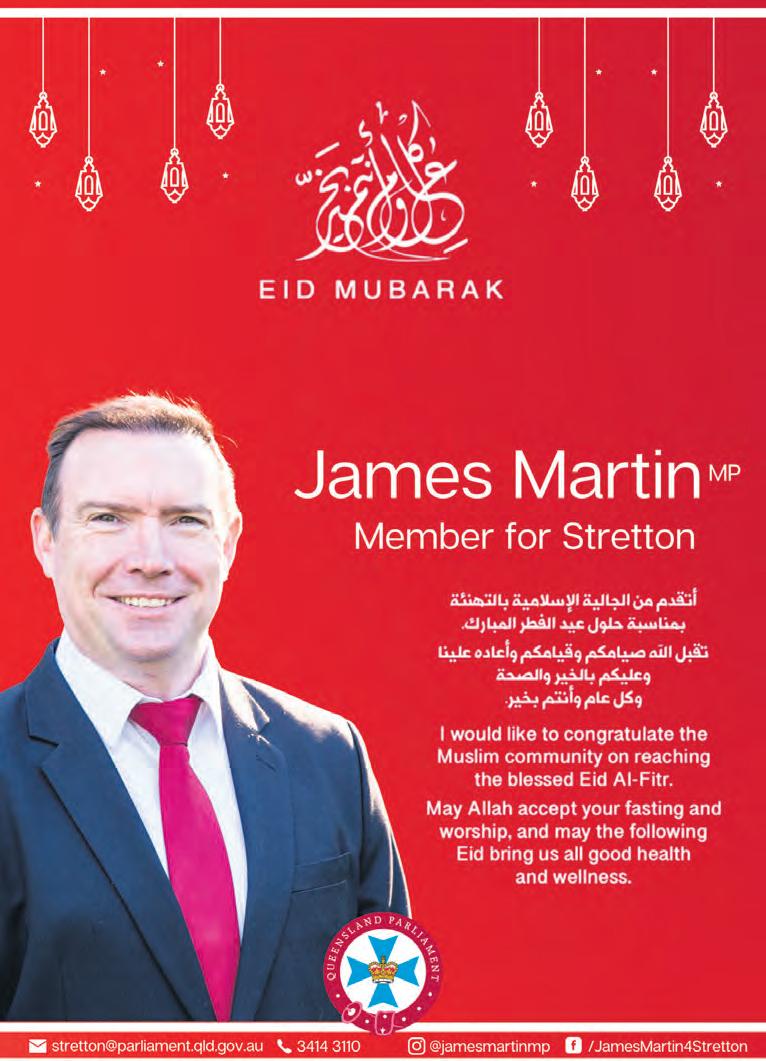
Download: https://tinyurl.com/4t5kepxu
Princess R. Lakshman is a writer, speaker, qualified clinical nutritionist, life coach and a counsellor. She is based in Sydney, Australia.
Salwa was the recipient of 2022 Newcastle Volunteer Service Award in the Education category. She received her certificate of recognition from the Hon Sharon Claydon MP in the award ceremony held in Friday 22 April 2022 in the South Merewether, Llewellyn street, Newcastle.


For the last four years, Salwa has demonstrated considerable contribution towards student community and the broader NSW community. Recently, as a volunteer in 2022 NUmates International student program and as a peer mentor, she provided support to new international students to settle into university life.
In addition, Salwa has been committed as international student representative in the university Equity, Diversity, and Inclusion (EDI) committee. She provided suggestions and perspectives dealing with international students’ issues and helped promote cultural diversity on campus.
Salwa said that doing volunteer work is not only a relaxing and energising escape from day-to-day routine of study or work but also it provides many benefits to both mental and physical health. According to her, when it comes to volunteering, passion, positivity are the only requirements.
In terms of volunteering outside university, Salwa has been deeply engaged by
volunteering her time after hours such as she gets involved in AMEP (Adult Migrant English Program) Volunteer Tutor Program by teaching English to migrants and refugees in TAFE NSW.
Her passion in promoting multiculturalism also made her excited about helping the Multicultural Neighbourhood Centre (MNC) in Newcastle by assisting in services and programs for people from Culturally and Linguistically Diverse (CALD) background.
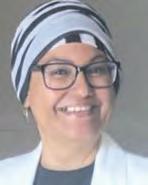
As her background is in education, currently, she is a CISA (The Council of International Students in Australia) National Education Officer volunteer by helping with researching and reviewing policies concerning international education and to advocate for the interests and needs of international students in Australia.
On Wednesday 6 April 2022, Salwa also shared her experience as an international student in the 2022 Regional NSW Education Showcase held by Study NSW.
Salwa has gone above and beyond helping other international students and the wider community. Therefore, due to her tireless efforts and direct impact on communities, she was selected as the winner of Volunteer of the Year Award in 2021 Student Experience Award and as a highly commended in 2021 Student Employability Achievement Award at the University of Newcastle.

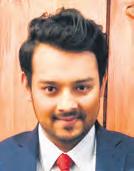
Every Ramadan I have experienced has left me with special memories of people, places and foods that have been a joy and a privilege to discover whether face to face or, as was necessary in 2020 and 2021, virtually.
It seems that every food has a story, and every dish magically starts to unlock family histories that in turn unlock stories of place, and social and political backstories that help us understand the different worlds we all
come from and the experiences we bring with us.
March and April were a whirwind, wrangling recipes and stories for Recipes for Ramadan with contributors, community partners and a tight-knit digital and social media team (including AMUST as community media partner) sharing recipes and family stories, just as we might share food and conversations, as a kind of invitation to a virtual iftar.
Trying others’ national dishes is such a good starting point from which to explore the rich diversity of Australian Muslim cul-
ture and heritage, migration and diaspora, belonging and identity… a wonderful heritage that reaches back to all four corners of the globe, enriches Australia and is too good not to share!
And it doesn’t have to end with Eid!
There are now more than 60 recipes from 21 different countries on the website (www. recipesforramadan.com) – from Afghanistan to Turkey with some possibly unexpected stops like Japan, Kenya and South Korea in between. Ideas for iftar, suhoor and Eid that convert into snacks and soups; breakfasts, lunches and dinners; and desserts, cakes and

pastries for every day or for special occasions across the year.
If you didn’t have time to try the recipes or read the stories during Ramadan, you could try one recipe a week and get to know the families behind them. Put your feet up with a cup of tea, enjoy the stories that accompany the recipes and check out the media interest from ABC Radio, Radio National, SBS News and Guardian Australia which ran a second Recipes for Ramadan series this year… And be inspired to contribute. Just contact jane@recipesforramadan.com
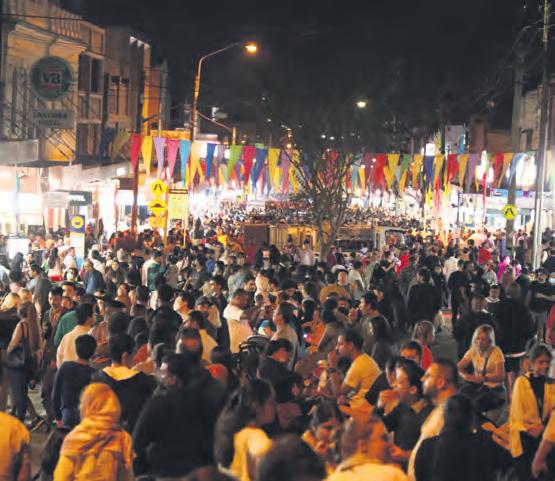
The Muslim lunar calendar’s ninth month is Ramadan when healthy adult Muslims fast from dawn to dusk. This involves refraining from drinking, eating, engaging in immoral behaviour, and expressing rage.
During the holy month, other acts of worship such as prayer, reading the Quran, and charity are also encouraged.
During Ramadan, Muslims also indulge in many cultural practices, such as cooking a special meal or eating iftar, breaking the fast with extended family.
Unlike the previous two years, when many individuals were forced to spend Ramadan at home owing to COVID, this year was different, and people were again able to celebrate the holy month with their families as well as with the larger community.


I photographed some memorable Ramadan moments during Ramadan Nights at Lakemba, a Sydney suburb in NSW, when people from all over the world gathered to commemorate the holy month of Ramadan.
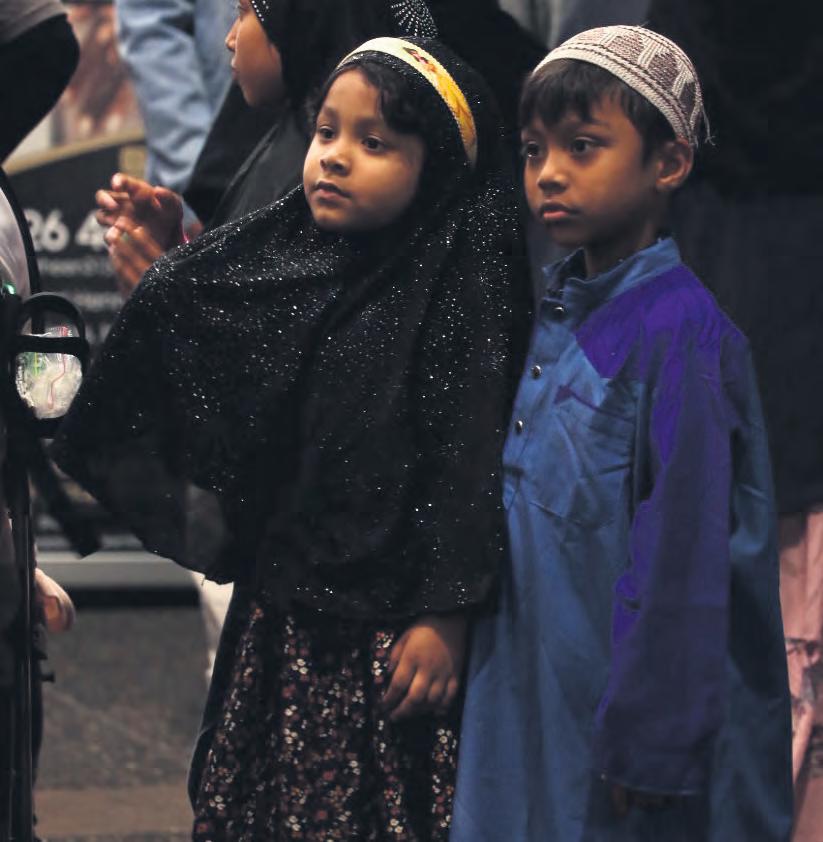
Lakemba was bustling with activity, with a variety of traditional cuisines and clothes outlets. The lines outside of every store and shop were insane. After all of the restrictions and lockdowns imposed due to COVID, it was incredible to see everyone enjoying the holy month of Ramadan during the nights, every night during the whole month from dusk till early hours of the morning at Haldon Street in Lakemba.
I sincerely wish that this Ramadan restores people’s joys and fills their lives with happiness. I consider myself fortunate to be able to share the incredible experiences captured through my camera showcasing Multicultural Australia.
AMUST was Silver Media Partner of Ramadan Nights Lakemba 2022.

From an unexpected AUKUS (Australia, UK, and USA) declaration in September 2021, the immediate benefit of Australia is getting US nuclear-powered propulsion technology for submarines.
It has raised huge controversy about nuclear proliferation, especially when Australia remains an ardent supporter and global leader of the nuclear non-proliferation treaty (NPT). If the deal is finalized, then a non-nuclear-weapon country, Australia would be the first country to operate a nuclear-powered submarine.
From the evolution of the submarine and subsequently, with the technological development, the submarine remained a hidden threat out at sea. It is also a strategic asset to a nation. Its highly technical and costly to procure, even more, expensive to maintain.
Presently Australia is operating six ‘Collins”-class diesel-electric powered submarines. These submarines have limited capabilities at sea compared to a nuclear-powered submarines.
They are much quieter, have longer endurance, and can carry much higher payloads that would pose a formidable deterrent threat at sea.
Under the AUKUS deal, Australia would be getting eight (unconfirmed source) nuclear-powered submarines or technology from the USA and UK. Until now, the USA has shared its nuclear propulsion technology with the UK only.

This nuclear propulsion has given rise to huge controversies, China and some regional countries of the Indo-Pacific see the AUKUS deal as nuclear proliferation.
The deal has many implications, such as nuclear reactor is critical to running and maintaining, and disposing of nuclear waste. Also, it incurs more money, defence budget needs to increase which will be taxpayers’ money, as such, Australian citizens should be well aware and convinced the money spent is justified.

This deal also suggests a great shift in the strategic power balance in the Indo-Pacific region. Let’s discuss a few basic concepts of why nuclear propulsion has given rise to controversies.
The submarine reactor can be of two types of fuel –HEU (Highly Enriched Uranium) or LEU (Low Enriched Uranium). The danger is that the nuclear bomb is made of HEU.
LEU is not used for making nuclear bombs. Nuclear submarines are designed and operated for more than 35 years, and they may carry nuclear fuel (HEUs) for a whole period lifetime without refueling.
For example, the US’s Virginia Class submarine’s propulsion system is operated and designed to run by HEU fuel for the whole lifetime. In general, a submarine needs about half a ton of HEUs.
So, Australia’s eight submarines require roughly 4 tons of HEUs. With this much of HEUs, 160 nuclear bombs can be made,
It is with the deepest regret that we record the demise of Dr Fikret Karčić, professor of Comparative Legal History at the University of Sarajevo, Bosnia-Hercegovina.
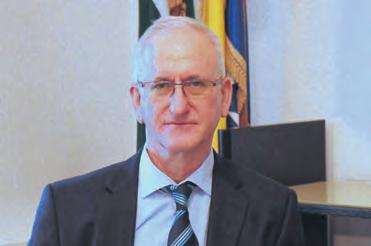
This occurred at his residence in Sarajevo, on 16 March 2022. After having successfully recovered from non-Hodgkin’s cancer a few years ago, his immune system was significantly compromised. He passed away from COVID-19 complications a few weeks after contracting the virus.
Dr Fikret Karčić (1955-2022) was a man of stalwart physique, and, though he had reached the age of 67 years, one would expect from his appearance that he had yet many years to live.
Not only was he well known and esteemed in his native land of Bosnia, but also throughout the world, and his genial, straightforward, and kindly disposition made him a universal favourite.
A devout Muslim, he always took care to attend regularly to his religious duties.
After more than four decades of beneficent teaching and intellectual output, it has pleased the Almighty to call our exalted effendi, Professor Fikret Karčić, to a higher station.
Rent with anguish and pain, the hearts of many folk – both Muslim and non-Muslim alike – stand united in grief, ever grateful for his paternal goodwill and love, his sublime erudition and spiritual values, his pervasive sense of duty, his grace, and passion for peace.
It will be our task to pursue the aims of this learned scholar and gentleman, and to continue his noble life’s work to maintain peace and show the same love to all indi-
viduals and folk groups regardless of their social class, political orientation, faith and legally recognised religion.
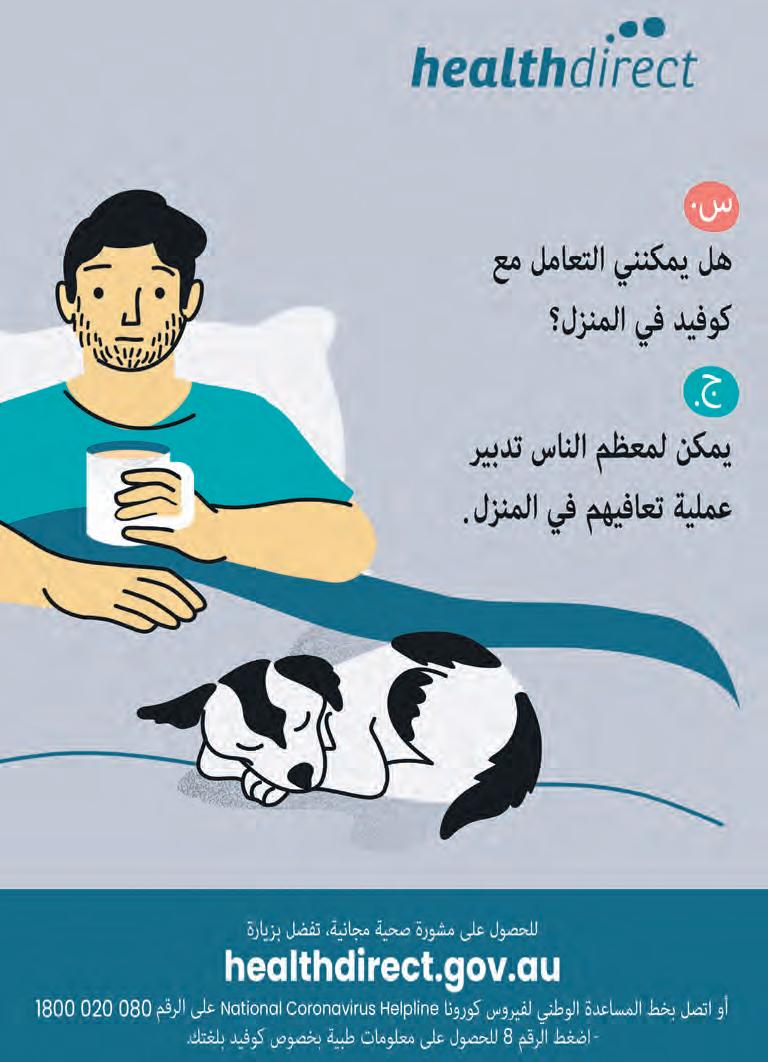
He was fully resigned to the Divine Will and passed away peacefully surrounded by his sorrowing family.
He was a sterling intellectual of the most advanced type, who never wavered, and in every academic institution was an earnest and active friend of democracy and civil rights.
A trusted member of the post-war generation of Bosniak Muslim community activists and intellectuals, he subsequently participated in the process of Islamic revival in the Balkans in the late 1970s and 1980s.
He has lectured at the Faculty of Islamic Sciences in Sarajevo, Marmara University in Istanbul, the International Islamic University of Malaysia, the University of Oslo and Boise State University (USA).
On 17 March 2022 his Janazah was conducted at the Gazi Husrev-bey mosque in the Sarajevo Old Town by Dr Husein Kavazovic, the Grand Mufti of the Islamic Community of Bosnia and Herzegovina.
Hajji Abdullah Drury is a Pakeha convert to Islam and author of “Islam in New Zealand: A Short History of the New Zealand Muslim Association”. He resides in Hamilton, New Zealand, where he is studying towards a DPhil at Waikato University. He is a research member of the Waikato University Islamic Studies Group.
most known nuclear nine countries don’t have such stockpiles.
The good news is that, unlike nuclear bombs, the submarine’s reactor does not require HEUs. Instead, it can be run by LEUs.
Out of six countries operating nuclear-powered submarines, France and China are using LEUs for their submarine reactors and these LEUs are not suitable for making nuclear weapons. Of course, they need refueling in the dockyard every 6 to 7 years, and, for France, it is ten years without hampering the submarine’s operation.
The USA is carrying out an experiment to use LEU for the lifetime of submarines instead of HEUs for the reactor intending to decelerate the proliferation of weapon-grade uranium.
Recently US Congress has approved $20 million to develop LEU as an alternative to HEUs to propel submarines and aircraft carriers. Of course, it needs to compromise the space to accommodate a larger reactor as compared to HEUs.
For a US Virginia Class submarine, the size of a reactor is roughly about 5 feet by 8 feet, and in the case of LEU, it would not be more than one and half times larger than the HEU reactor which can be well accommodated in 400 feet plus submarine.
Australia assures that nuclear non-proliferation remains a cornerstone. Australia is one of the first countries that used HEUs
at HIFAR (High Flux Australian Reactor) since the 1960s to produce radioisotopes for 50 years.
Intending to stop proliferation and considering it to be too dangerous, Australia, through a landmark decision, decided to shift to LEU reactor OPAL (Open Pool Australian Lightwater) in 2007. So, Australia is very much aware of the danger of HEU and pledged to remain a non-nuclear-weapon country. Although a country like Australia is late to adopt nuclear propulsion in Submarine, getting nuclear propulsion technology through the AUKUS deal would be a quantum lift in naval technology.
Since the start of the COVID-19 pandemic, Australia felt the heat of external threats. Yet, Australia desires to remain a non-nuclear-weapon country and is likely to pursue other advanced technology like AI (Artificial Intelligence), hypersonic missiles, quantum, etc under the AUKUS deal.
Given the track record, Australia would choose the best option of no risk AUKUS proliferation for the submarines. The AUKUS working groups are now endeavoring to find out the best options suited for the Australian submarine.
The above discussion suggests best option for propulsion reactors is LEUs, not HEUs which can significantly reduce the risk of nuclear proliferation.
Kazi Haq is a retired Commodore from Bangladesh Navy and an electrical engineer. He served as Director in Prime Minister’s Office, National Parliament, and Managing Director of a dockyard. Kazi is the founding member of BIMRAD(Bangladesh Institute of Maritime Research and Development). He is now based in Sydney.
I’ve noticed a peculiar habit from my mother and many of her contemporaries. I don’t know if it’s a generational thing or not but whenever I bring up her past struggles, my mother feverishly downplays it or just never speaks of it.
This is in stark contrast to myself as I never miss an opportunity to broadcast my woes –often through a bullhorn.
My family migrated to Australia in the 1980’s from war torn Beirut. Although we are not Lebanese, we were living there at the time during one of the most unstable periods in Lebanon’s turbulent history.
Now that I am an adult, I have come to realise my parents did everything in their power to shield us from internalising the trauma we may have experienced while fleeing the conflict.

I once asked my mother what it was like to live in a war zone, and with tears welling up in her eyes, she finally opened up and recounted story after story.
She mentioned not being able to have access to basic food, electricity and medicine for long periods of time and scrambling to find leftover bread. She spoke about having to huddle in a darkened hallway whenever there were sounds of missiles and holding her breath while waiting for them to land, praying it wouldn’t land on us. There was a sense
relief when we survived but a concurrent sadness when she knew others weren’t so lucky. My parents knew they had to get out of the country and we were lucky to have been sponsored to go to Australia. I am very well
aware that the difference between those who were able to escape and those who never made it comes down to luck.
My earliest childhood memory was having to abandon my toys as we took a boat to Cy-
prus and set off to find hope and safety in a far distant land. My mother was scared. She didn’t know anyone in Australia and could not speak English fluently. It was a risk she was willing to take for the sake of her children.
I’ve worked in many fields but I often find myself coming back to humanitarian work. I guess it’s because I will always have a connection to those fleeing conflict through my mother’s experience.
It’s often said that no one chooses to be a refugee and it just can’t be emphasised enough. My mother didn’t want to leave her family, friends and the comfort of familiarity.
I am now working with Australia for UNHCR (UN refugee body) in their Islamic Philanthropy and Digital Teams. It’s been fulfilling working on the Refugee Zakat Fund and trying to help as many people as possible.

It is estimated that there will be around 100 million refugees by next year, sadly many of them are Muslims which is why UNHCR has implemented the Refugee Zakat Fund.

I am so grateful to my parents for sacrificing everything that had to give their children a chance. As my family knows too well, all it takes is one act of generosity to change the life of another.
Asma Fahmi currently works with Australia for UNHCR (United Nations refugee body). She is the president of community-based organisation Markaz, a board member of Swim Sisters Australia and a trustee of Mission of Hope. Asma is also a published writer and an active patrolling member of Garie Surf Club as a Surf Life Saver.
Many Arab youths, in Australia, aged 12-19, struggle to speak Arabic. This is a huge issue young people are facing nowadays and they are not realizing its future impact on themselves and the generations to come.
Arabic is one of the world’s major languages with over 300 million people in various Arab countries who use it as a mother tongue. Over one billion Muslims in places like India, Indonesia, Pakistan and Tanzania study Arabic as a foreign or second language for liturgical and scholarly use.
Having the ability to speak Arabic does not only aid us to be bilingual and thus have a skill to distinguish us, but it also forms an essential part of our religion and culture. The loss of the Arabic language is potentially like the loss of half our identity.
We use Arabic to read the Quran and understand it to be able to have a deep spiritual connection with Allah. Because if we don’t understand what Allah is trying to tell us in his holy book, how will we have the same strong relationship with him?
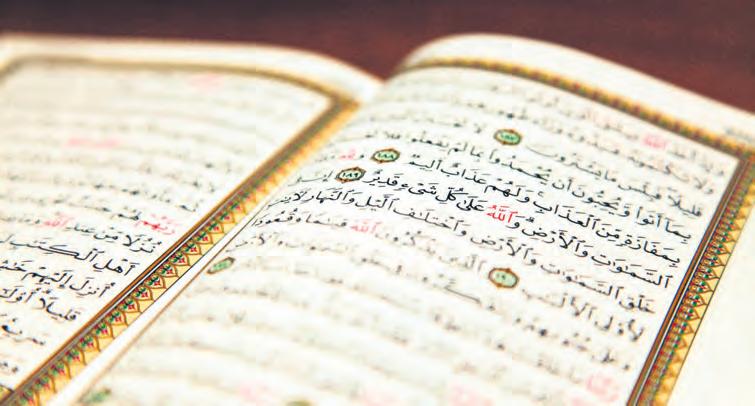
Muslim non-Arabs always appreciate our Arabic language and call us ‘lucky’ as we are able to directly understand the Quran. But,
unfortunately, us being privileged and born with this gift, we don’t see the miracle behind it; which is why we must rethink about how Allah blessed us with this ability, thank Him for it and conserve it.
Not only is the Arabic language the language of the Quran; but it’s also the language of the people of paradise; which is definitely another reason why we should be proud to have it as our mother tongue.
Adding onto that, if our own first language is lost, how will our next generations have the capacity of reading the Quran? If young people, from today, start speaking English and
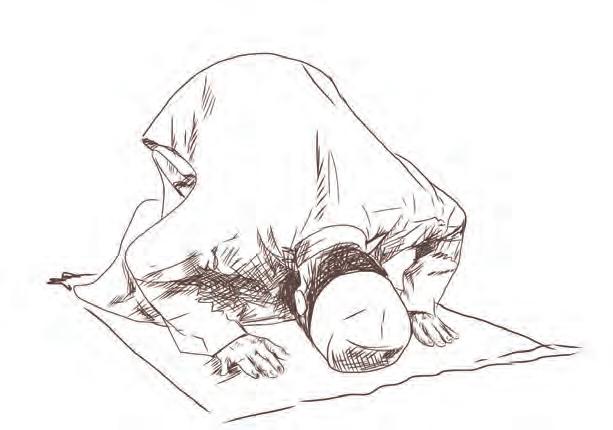
Dr Asrar Talukder
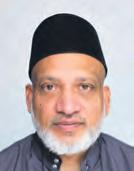
Disclaimer: I read Quran in the light of science, philosophy, ethics, and public policy. This is not a theological discussion, but some rational thinking shaped by the Quran.
Muslims must pray five times a day. The prayer or Salat is the second pillar of Islam and the key to paradise. As such, making them as correctly, devoutly, and abundantly as humanly possible is the benchmark.
It took me a long time to realise what I pray in my prayer. However, once I got to the meaning, my prayers became more of a need than obligation. It felt more about here and now then hereafter.
When I was growing up, the society was in general very pious. Daily religious practices were an integral part of our societal norm and culture. Common people were more concern about devotion than theology.
Religion was life. There was no discussion about its purpose and meaning. We simply lived in them. As non-Arabs, we were used to learn how to read the Quran in Arabic without knowing the language. The correct pronunciation and intonation were our focus.
The meaning and understanding were reserved for the students of theology. Our major concerns were how should we pray to make them more accurately? When and how much more can we do them to get the maximum rewards? Thus, without thinking, praying, and fasting became our built-in habits like a second nature. We want to build the same habits in our children. Unfortunately, what was very easy for us, is not so easy for them. What
was norm for us, is a barrier for them. What was culture for us, is scripture for them. The time has changed.
The society has changed. Nowadays, we live in a practical society. We like to know the usefulness of everything. Life is more materialistic and economical, especially in the Western lifestyle. When our children asked us about why they are supposed to pray instead of how they should pray, we stumble upon the question.
For our children, we must relearn our religion starting from what and why, the very meaning and purposes of our prayer and piety. The opening chapter of the Quran is our prayer. It contains seven verses. Every time we stand for the prayer, we recite these verses:
“All praise and gratitude are for Allah –Lord of the worlds, the Most Compassionate, Most Merciful, Master of the Day of Judgment. You alone, we worship and You alone, we ask help. Guide us to the straight path – the path of those You have blessed – not the path You are displeased with, or those who are astray” (Quran 1: 1-7).
Thus, fundamentally we pray for Allah’s acceptance, His divine help and guidance. What best one can ask for! The Quran itself is the response of this prayer. The next chapter begins with:
“This is the Book! There is no doubt about it – a guide for the God conscious people” (Quran 2: 2).
We must realise that if we don’t make the Quran our guiding principles for life, our prayers become meaningless. It will be very difficult to explain our prayers to others and specially to our children.
Read full version: https://tinyurl. com/2zjufaw5
Dr Asrar Talukder is a marine geologist and a passionate community activist. He is based in Perth, Australia.

use absolutely no Arabic, then they will also speak to their future children in English and the cycle will only continue this way.
It’s a domino effect that starts in this generation’s youths; this is why we must re-construct that wall so we can reconstruct our bond with Allah and protect our future children and grandchildren from external factors that can potentially weaken their faith.
Not only is Arabic useful for our religion, but it is additionally beneficial for our culture as it forms our identity and is a significant part of who we are. If youths lose this divine language they will not be able to have their
own cultural language to identify themselves with.
Imagine a person who says, “I am an Arab,” but can’t speak Arabic. How ironic, right?
They will also not be able to assist the older generations, including their own grandparents; who are still attached to their mother language. They will equally not be able to communicate with their family overseas; which can lead to torn family ties.
So why do we get ourselves in this endless, hopeless cycle if we can make a change from this day onwards? If every parent ensures their son/daughter speaks Arabic, at least at home, they will soon be able to properly read the Quran, understand it and teach it to their future kids.
They will also be able to proudly identify themselves as Arabs who have the capacity of speaking Arabic, serve the older generations, including older family members, and keep their connection with their family living overseas.
Whoever comes from an Arabic background must conserve their Arabic language because it’s a treasure that can open the doors for their own religion, culture and identity.
Nesrin Khalifa is a 15-year-old student in Al-Noori Muslim School. She is a passionate writer, public speaker and debater who loves to advocate about various matters that interest her and the Australian Muslim community.

What is Eid? It is a joyful occasion mainly for spiritual happiness.

Other happy things in that occasion includes clothes, getting together, sharing gifts and yummy foods. Without main spiritual happiness, Eid is like a body without the heart. Allah’s forgiveness, the hope for Paradise for the everlasting happiness and the attaining of Taqwa (Best moral character) are the main spiritual reasons to be happy at Eid. Therefore, our focus on Eid must be the on those main things.
Again, we do things according to priorities. The things that are most important in the Sight of Allah, are the priorities, and Allah’s Messenger has taught us to do those deeds. Refer to a priority list below:
No fast: Holy messenger of Allah said:
“No fast is permitted in Eid Al Fitr and on Eid Al Adha” [Muttafaqun A’Laih]
Takbir: Glorifying Allah. Holy Quran states:
“(Allah wants you to) complete the prescribed period, and to glorify Him because He has guided you; and for this reason, you should be grateful to Him.” [Quran 2:185]
Salah with sermon: 2 rakah Eid Al Fitr prayer with advice from the Holy Quran and Sunnah. With that the most important part of spiritual happiness comes on Eid happiness.
The Prophet Mohammad (s) used to lead Eid Al Fitr Salah congregation without Azan or Iqamah. [According to Hadith from Sahih Muslim]
Altering ways: The land is filming us to present it to Allah’s court in the next life. Holy Quran describes: “On that Day she (The earth) will declare her news.” [AlQuran 99: 5] Using one way to go to Eid prayer, and returning another way is to share Takbir with the surroundings and keeping two witnesses to witness. The Prophet (s) used to do that. [Hadith according to Sahih Bukhari]
Joy sharing: With Sadaqatul Fitr, sharing
the joy with poor and needy.
With it, Allah purifies the faulty fasts to grant full reward for His loyal servants. [According to a Hadith in Abu Dawood]
Tasbih, Tahlil, Astagfar and Dua: The entire Eid celebration is around those things. Our fasting, night prayers, worshipping in Lailatul Qadr, providing Iftar, connecting with the Holy Quran are for seeking Allah’s forgiveness and rewards. With dua we beg Allah for all of it. And that is the focus on Eid. If we receive all that we begged from Allah, then that is the main reason for happiness in Eid. Clothes, food, and gift and secondary.
Which Eid are we after?
An Eid without heart or an Eid with heart?
Part of a long Hadith is:
“On Eid prayer, Allah makes an announcement to the worshippers, ‘Go back, I have forgiven you, and have changed your sins into good deeds’.” Holy messenger (peace be upon him) added, “Then they return home with forgiveness.” [Bayhaqi]
An Eid with heart is receiving Allah’s forgiveness, mercy, and full rewards. If we want that happiness, then we must worship Allah to our best and seek Allah’s forgiveness and mercy as a priority and place other social things as secondary. May Allah guide us, Ameen!
Farid Ahmed is a survivor of Christchurch attack on 15 May 2019, a peace advocate, author of HUSNA’S Story and Quran teacher in Christchurch.
Muqeem Rauf
Laylat-ul-Qadr is considered the most important night in Islam for a simple reason that revelation of the Quran began on that particular night. Exposition of Surah (Chapter) Al-Qadr highlights the significance of that night and the era in which the revelation began.
As we know, Layl means Night and Qadr means an estimate or measure or a scale. So in the context of the Quran, Laylat-ul-Qadr basically means “a night during which humanity was bestowed with the measures or the Permanent Values” that were necessary for the education and guidance of the human self or the Nafs.
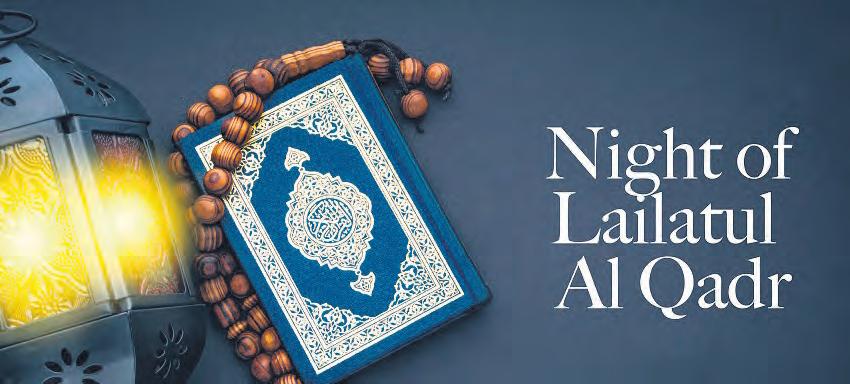
Surah Al-Qadr states –
1. We revealed the Quran with the permanent values and principles at a time when the world had become dark, without the light of Wahi.
2. Who can tell you better than Allah Almighty, how sublime and dignified the night was when these illuminating values and principles were revealed?
3. This one night is better than thousands of months when mankind had been deprived of the light of Wahi.
4. This night is in fact the harbinger of the era which is destined to emerge with the revelation of the Quran.
5. The world would thus be rid of all darkness and ultimately the earth will glitter with the most wondrous light of its Rabb.
** (Source – Exposition of the Holy Quran) **
Considering the first verse of this Surah in conjunction with Verse 177 of Surah Al-Baqarah, what becomes evident is the characteristic of the era during which the revelation began. It was an era during which Autocracy, Kingship and Theocracy were at their peak.
Wishes of the Autocrats and Priests were the law of the land and observance of rituals and dogmas was considered to be the purpose of Deen (religion, way of life). Human life, respect, dignity, equality, liberty, free thinking etc. etc. were all compromised at the wish and whims of the rulers.
During such time when humanity was shrouded in darkness came the light of Wahi, the source of knowledge, wisdom and permanent values. Education of the masses based on those permanent values enhanced the self-determination and psyche of individuals who rose up to relieve themselves from the fetters of man-made laws, rituals and dogmas.
People, under the guidance of the Quran and leadership of Prophet Mohammed (s), learned and realised that everything in this humongous universe was nurtured, guided and controlled by the immutable and infallible laws of creation and evolution. They realized that, within the human sphere – education based on the permanent values set forth by the Quran gave more meaning to life and enabled them in establishing ideal human societies.
Taking heed from the revolution the rev-
elation of the Quran and the leadership of Prophet Mohammed (s) had brought on during such dark times, we need to introspect and question the value system of the human societies of our times. The epidemics of Lawlessness, Internationalism, Nationalism, Capitalism, Wars, Racism, Debt, Religiousness are cutting into the roots of the edifice of our civilisation and deteriorating the conditions of human life.
Its high time humanity wakes up to face the reality before we run out of the time of reprieve and get sucked into the vicious process of self-destruction.
We need to build an education system based on the permanent values ordained in the Quran so as to educated and enable individuals with a “balanced personality”. Such individuals would then come together to establish ideal human societies.
Some of the permanent values stated in the Quran are –
1. There is no sovereign except Allah. (Quran 12:40):This basically means that Allah is the only authority and giver of law. Human societies are to be run and administered in a way in which no human being rules over or becomes superior to others.
2. All human beings are one brotherhood, equal by birth and are worthy of respect and dignity. (Quran 17:70; 2:179)
3. Indeed Allah commands justice and proportion. (Quran 16:90)
4. Conceal not evidence; for whosoever conceals it – his heart is tainted with sin. And Allah knows all that you do. (Quran 2:283)
5. Every personality draws the meed of its own act on none but itself: no bearer of burden can bear the burden of another. (Quran 6:164)
6. Wrong not and you shall not be wronged. (Quran 2:279)
7. Allah loveth not lawlessness. (Quran 2:205)
8. All that is surplus to the needs of an individual belongs to the society. (Quran 2:219)
9. Talk straight, to the point, without any ambiguity or deception. (Quran 33:70)
10. Always speak the truth. Shun words that are deceitful and ostentatious. (Quran 22:30)
11. Do not confound truth with falsehood. (Quran 2:42)
12. Say with your mouth what is in your heart.(Quran 3:167)
13. Do not be contemptuous or arrogant with people. (Quran 31:18)
14. Fulfil your promises and commitments.
(Quran17:34)
In Surah Al-Fatiha, the important supplication for guidance towards the Straight path, I believe, signifies the way of life that incorporates implementation of all the permanent values that have been ordained in the Quran.
An ideal individual is the one with a balanced Personality and Character.
Ideal human societies are nothing but a reflection of the cumulative psyche of ideal individuals.
Muqeem Rauf is a biomedical engineer by qualification and a business man by profession based in Melbourne, Australia.

Who is the leader of people? What attributes distinguish an individual like this? It’s quite a contentious topic because at the same time the leadership theory is immensely important and complex.
Many of us think of a leader as somebody who encourages us to obey him/her. We’re often looking for an explanation to this query: Are leaders born with leadership skills or do they develop their leadership skills over time? Some individuals affect and inspire other people from early childhood, while others just develop such qualities over time.
There’s a leader inside all of us, we just need to work on the development of that leader. The advancement of leadership skills and competencies is feasible; however, time and energy are required. Without hard work, an individual who is not a strong leader from the outset is unlikely towards becoming a strong leader in the future.
The skill approach leadership theory focuses on the belief that knowledge, abilities, and certain skills that can be developed are important to leadership. Although Persona undoubtedly plays an important role in leadership, the skills approach indicates that expertise and abilities are more important for successful leadership.
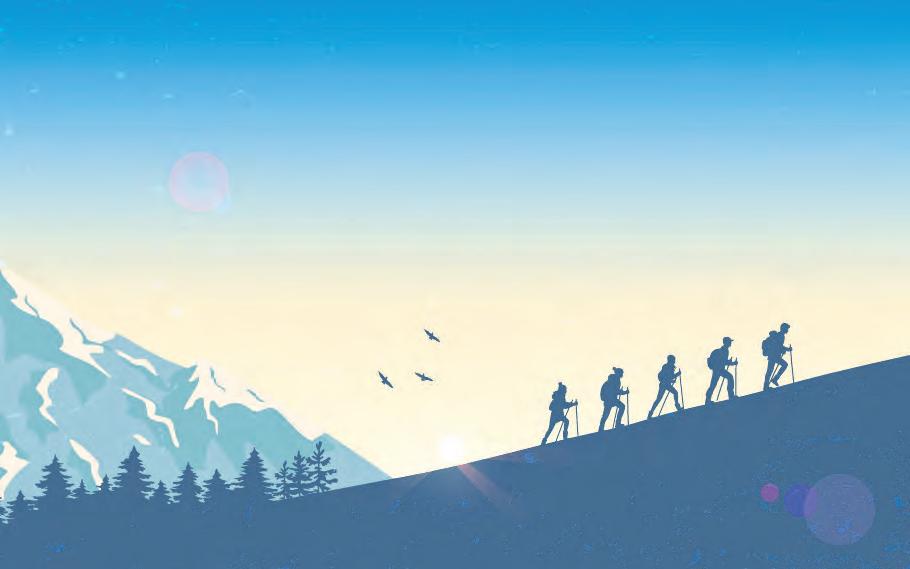
This theory reflects on the idea that some skills, competence, and knowledge which can only be acquired or learned are essential to leadership. This concept tests the effectiveness of the leader on the grounds of what they are doing or could do.
When concentrating on what they could do rather than who they are, this theory encourages leadership to be open to everyone instead of a chosen few who have the right leadership characteristics.
Following are the main distinguishing leadership traits:
Positive Attitude: Perhaps the most important trait that distinguishes a leader from the rest and can prove a vital strength is a good attitude. Attitude is the most important characteristic of a person.
Each team leader doesn’t have to have the same mindset but consuming a positive attitude in each group will add life to the group’s progress and growth, irrespective of the challenge.
Accountability: It’s quick to pass the blame on another in cases of defeat. Yet taking personal responsibility for it and being responsible is what distinguishes the individual from the boss. Responsibility and transparency go hand in hand.
Empathy: Empathy is to put yourself in someone else shoes. Making the correct personal sacrifice for someone is tough, however, in some respects, it is the key skill of a leader. The purpose of being empathetic is to help build circumstances for people you love or lead (ideally both!) that help them feel Great.
Responsibility: A strong leader is not scared to take responsibility for the failures. Trying to instill this principle does not only prove that you are responsible and honest, but it will also encourage others to take responsibility for their portion of behavior.
While parents must nurture and educate their kids, a politician will offer good governance to the population of the community.
Communication: Communication, as described, is the method of spreading information from one party to another. The leader will have the courage to express his / her vision to the individuals of his / her team in a much more concise and clear manner.
Communication gaps can lead to misunderstandings. The interaction of a leader with his/her followers must also be direct and transparent.
Focus: The more oriented the leader, the greater the results of his / her connection with the followers. Subordinates should usually follow the point of debate set out by the speaker. Focus is a characteristic that determines the speed of success and the dedication of the team to work.
Thus, the leader needs to make sure that his/her emphasis is crystal-clear and goals for the team are set effectively. Distraction from concentration would inevitably lead to low efficiency and hindrance in triumphing the targets set to be achieved.
Ability to challenge failure: Disappointment can arise in every work environment; however, the approach with which disappointment is disposed of will indicate how strong the power is within the institution. The capacity to tolerate loss is, first and foremost, the potential to excel in life or an organization.
Motivation: Motivation impacts organizational qualities in a variety of areas. We address multiple ways in which inspiration helps to improve leadership skills. Second, an individual must be able to lead — an individual must be prepared to assist in the settlement of difficult interpersonal problems and concerns. Second, members must be able to exert influence — to be able to be influential within a community of men.
Personality: Leaders of faith and adaptability can be beneficial in circumstances of confrontation. The skills model suggests that the personality characteristics that help improve leadership qualities contribute to improved leadership performance.
The common explanation that leaders are born and not created is no longer true, considering the evidence of so many great leaders we have nowadays in the world. There is no doubt that anyone can become a leader, but not every leader can be important.
Real leaders are genuinely at the disposal of their people and behave with dignity and thus create trust. They value and create faithfulness and cherish their people. It is true leaders who help people understand their maximum potential and encourage success.
Muhammad Adnan is a young journalist and researcher. He has recently completed his master degree in Mass Communication from the National University of Sciences and Technology (NUST), Islamabad, Pakistan.
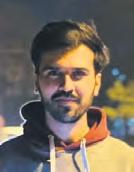

 Dr Abul Jalaluddin FINANCE
Dr Abul Jalaluddin FINANCE
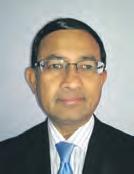
Islamic insurance or Takaful is a large industry operating in various parts of the world, including Middle East, Asia and Europe. Globally, despite COVID-19 impacts, the industry was valued at US$27.6 billion in 2021 and is expected to grow to US$49.8 billion by 2027. Australia is a fertile land for Islamic insurance business. Muslim Australians alone are capable of generating high demand for various types of Islamic insurance products such as vehicle, property, health and family/life.
Takaful is an Islamic insurance system through which participating members (policyholders) mutually contribute a sum of money (premium) in order to support each other (for settling insurance claims) in case of a loss, damage or theft. In other words, Takaful is a system whereby participants contribute regularly to a common fund with an intention to jointly guarantee each other in an spirit of humanity, solidarity and mutual assistance.
The conventional insurance operates with a contract which is constructed between two parties, namely the insured and insurance company as insurer. The insured pays a regular premium to the insurer in return for the guarantee to receive a settlement amount as compensation. The Islamic insurance or Takaful contract is different wherein the Takaful operator (or Islamic insurance com-
pany) is not the insurer insuring the participants (or insured/policyholders). In fact, the participants (or insured) mutually insure one another. The Takaful operator manages the business, settles claims and invest funds for agreed upon management fees or other remuneration schemes.
Islamic insurance or Takaful is a risk management strategy. Mitigating risk in life is not repugnant to Islam. Human beings are exposed to all sorts of hazards. Typical perils in human life include accident, sickness, theft, fire and natural disasters like flood. Islamic insurance alleviates the risks related to these perils and resulting financial losses.
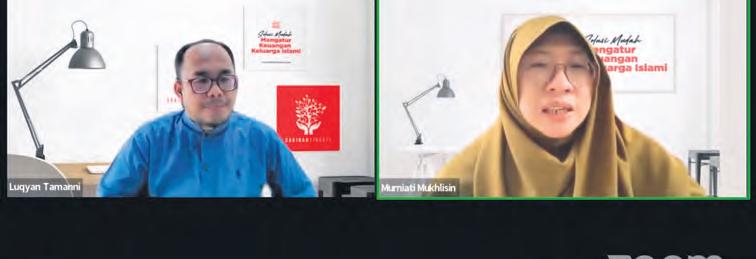
In 1965, the Congress of Islamic Research in Cairo, Egypt and the First International Conference on Islamic Economics held at Makkah, Saudi Arabia in 1976, both deliberated the issue of Islamic insurance for Muslim markets in the world.
The first co-operative Takaful was established at Khartoum, Sudan in 1979. Islamic insurance services were then developed in the Middle East and Malaysia in 1984. The year 1996 witnessed the commencement of Takaful business in South Africa. The Takaful Act 1984 was the first legislation in the world enacted by the Malaysian parliament.
In the global Takaful industry, there are four operating models for Islamic insurance which apply to several forms of contracts governing the relationship between the participants and Takaful operators:
(1) Mudarabah Model (Takaful operator will receive premiums from participants to carry out the enterprise and the profits are distributed between them on an agreed upon percentage),
(2) Wakalah Model (participants are owners of the premiums and Takaful operator
acts as an agent who manages the business for a defined fee),
(3) Hybrid of Wakalah and Mudarabah Models (it combines various features of these two models) and
(4) Hybrid of Wakalah and Waqf Models (apart from Wakalah principles, this model establishes a Waqf fund initiated/donated by the shareholders of the Takaful operator and the returns are be used for the benefit of the participants).
Islamic insurance offers two broad types of products: general insurance and family insurance which is comparable to life insurance. The general insurance products are offered to retail and corporate clients to underwrite risks in various portfolios such as vehicle, health, worker’s compensation, professional indemnity, public liability, home & contents, travel and so on. Typical products under family insurance would include children’s education, income protection, total & permanent disability and trauma.
There is a large and growing market for Islamic financial services including Islamic insurance in Australia. Although Takaful products would be open to all Australians, only the vehicles and properties owned by Muslim community would form a commercially viable base for a highly profitable Islamic insurance business in this country. All we need is an Islamic insurance provider and some products in this greatly stable and competitive Australian economy with a good regulatory framework which protects the rights of businesses and consumers.
Dr Abul Jalaluddin is an Islamic Finance expert, taxation advisor and a regular columnist for AMUST. He is based in Sydney.
Wealth management in the family is crucial to support the family functions. Even though managing finances isn’t easy, it’s also not impossible.
Managing family wealth and finances demands concentration and thoroughness, as well as ingenuity in managing it. This is because, as a family grows, it will have more needs.
Economic or financial troubles in the family frequently generate family strife. Islam has taught us about all facets of our lives, including how to manage our wealth.
Many Muslim families do not manage their family wealth according to Islamic guidelines.
This is due to a lack of understanding and awareness about wealth management with sharia-compliant processes in the community.
Family wealth management training
Ashabul Kahfi Islamic Center Sydney has just completed its round-one training in wealth management with sharia-compliant processes.
There were more than 30 participants in the training who joined from Sydney, Melbourne, Brisbane, and Indonesia.
This event was organised in partnership with Sakinah Finance, Indonesia’s leading forum on the subject of sharia family financial management, and Crescent Wealth, Australia’s first Islamic-compliant super fund.
Various topics such as understanding halal and tayyib wealth-income sources, understanding family needs in accordance with sharia goals, and understanding zakat obligations, alms, and waqf were discussed in the training.
This training also taught how to plan a surplus and overcome a deficit in the family finances such as in investment and debt. Also, how to reach goals like hajj, umrah,
and college.
Also included in the training material is how to overcome financial contingencies such as protection in the form of takaful or insurance, managing pension funds, and inheritance.
All of the sessions were led by the expert trainers from Sakinah Finance; Dr Murniati Mukhlisin and Dr Luqyan Tamani, the co-founders of Sakinah Finance who also act as the main trainers for this training.
The training sessions
Dr Luqyan started the first session by discussing the basic principles of family management through understanding the Maqashid AlKhamsah: Hifdz Ad Diin (Maintaining Religion), Hifdz An Nafs (Saving Life), Hifdz al Aql (Preserving Intellect), Hifdz An Nasl (Protecting the Descent/family), and Hifdz al Maal (Keeping Wealth).
The first session also discussed various muamalah contracts, sharia contract principles, muamalah fiqh principles, and types of sharia financial contracts.
In the second session, the topic discussed emergency funds, how to make priorities according to sharia, and understanding the basic budget formula in sharia finance.
Meanwhile, in the third session, the discussion was more deeply about debt, taxes, grants, wills, zakat, and inheritance. And the last session discussed the investment system and sharia business characteristics. The
training went smoothly and promoted active participation from all participants.
Numerous daily family financial questions were asked and discussed during the training. One particular topic that received a lot of questions was inheritance. Many participants were yet familiar with Islamic inheritance law.
At the end of the training, Dr Murniati
concluded the training by discussing a topic on sharia business. She went on to explain how sharia business differs from capitalism, communist, or socialist firms in which sharia business prioritises the business idea of silaturahim.
She also added that in Islam, handling finances differ in the sense that before working to earn a living, one must plan to obtain money for the purpose of worship rather than simply amassing wealth.
In his closure remark, Dr Chalidin Yacob, the founder of Ashabul Kahfi Islamic Center expressed his gratitude for the sharing and training provided by Sakinah Finance to the Muslim community in Australia.
And inshaAllah, Ashabul Kahfi will again conduct a similar training (Round 2) after Ramadan. For participants who likes to join the second round of training, please send an email to akic.office@gmail.com to express their interest.
Brothers In Need
@brothersinneed.org
Brothers In Need: Lismore Flood Relief


Allhamdulliah, our volunteers from our Brisbane team recently travelled to the flood-hit NSW town of Lismore to provide assistance to the local community impacted by the devastating floods.
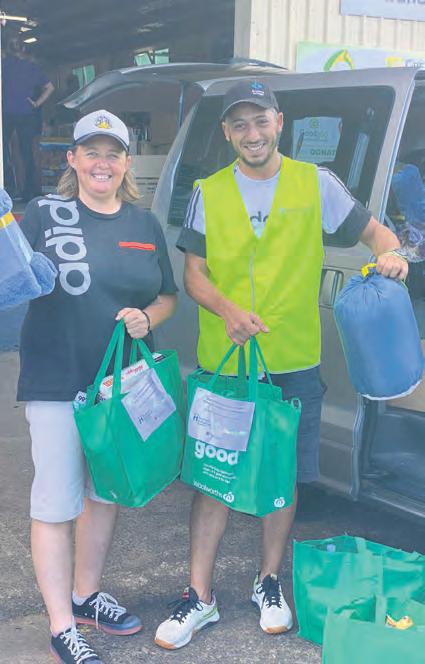
We would like to thank everyone for their kind support thus far, in particular our amazing volunteers who continue to make themselves available in times of need.
Dr Umber Rind @drumberrindI had the opportunity to be the keynote speaker at the Premiers Iftar. It was a fantastic night and learning opportunity for me. I witnessed what true friends and supporters I have and I feel so grateful to be part of such a strong network of women who support one another. A special shout out to @anamjaved_216 Sergeant Maha Sukkar, @dianasayed12 Dr Shumaila Noor, @ hassansherene, Manal Shehab, Aunty Lisa Thorpe, @fatuma.jamaa @sucaado @k_ nada @hanaassafiri and Maria Dimopolous who are amazing strong women in their own right and who always support others behind the scenes and work tirelessly in the community. You are much appreciated and I see you Thank you.
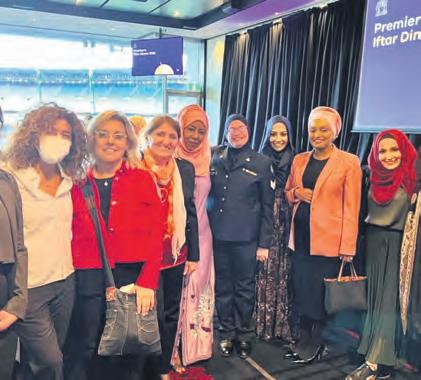
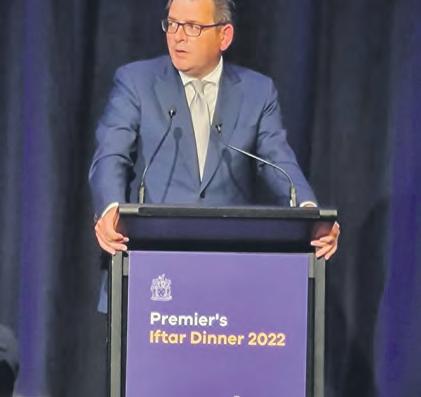
We will continue to speak up about racism and injustice. My speech highlighted the struggles we continue to face as people of colour in this country. Many of us are descendants of people brought to this country to be used as slave/ low cost wage earners. The cameleers in my case respected and lived with the Indigenous people of this land with dignity. We mustn’t forget the Chinese, Indians, Afghans who all contributed but their descendants did not benefit as the settler descendants have with intergenerational wealth and power. This is the foundation of the current structural racism that exists today.
I will continue to speak my truth and to stand by the underprivileged and working class in this country. I refuse to be silenced no matter how hard they try to disrespect us.
White Australia has a Black History. Always will be always was Aboriginal land.
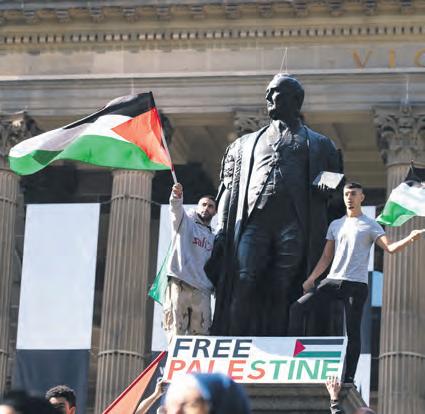
Kindness is the language the deaf can hear, and the blind can see
What an amazing night for ARO volunteers who had the privilege of sponsoring Silent Signs for a wonderful Iftar with the Sydney Deaf Muslim Community! Our hearts are a greater form of communication than our tongues, where our indifferences are what make us special. No matter our situation, we are flooded with blessings all around us!

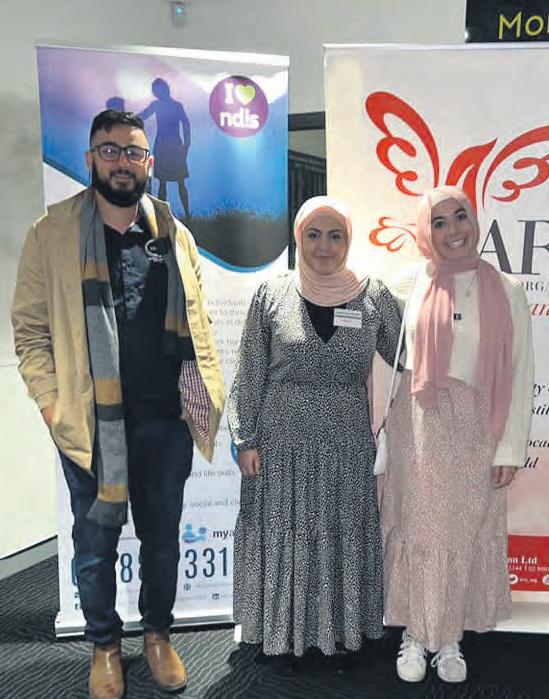
In Australia, we have a multi-faith community. Islam has taught us to respect the beliefs of others even if we don’t believe in them. We have a lot of common values that we share in our religions and our religious occasions.


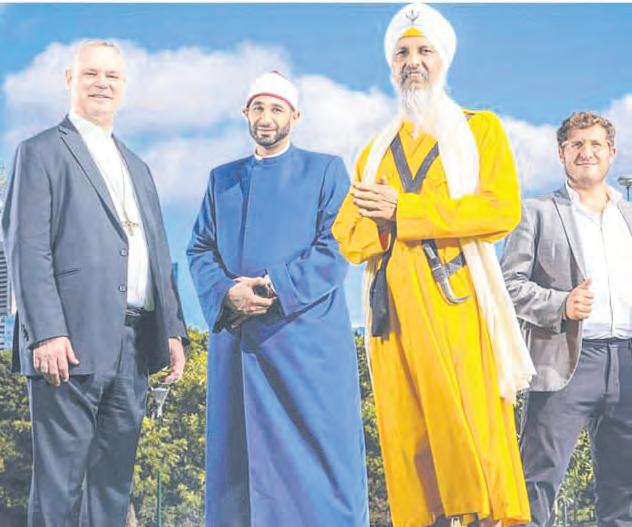
Ramadan and other religious events bring us all together from different cultures and faiths to break the barriers, build bridges and share our common values.
Today’s article by the Herald Sun newspaper highlights how the four religious occasions falling in this month for the first time in 30 years bring us altogether.
The stamp acknowledges Aotearoa New Zealand’s diverse communities.
Featuring Arabic calligraphy over the silhouette of a mosque, as well as the Islamic year 1443 AH, the stamps celebrate Eid al-Fitr. The issue is titled ‘Eid Mubarak’, meaning ‘Eid Blessings’.
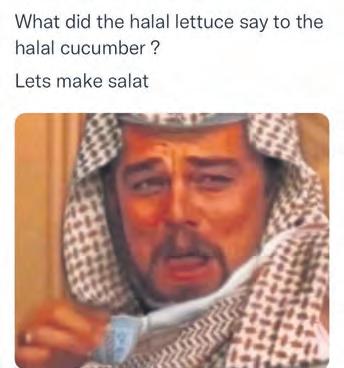
Eid al-Fitr marks the end of Ramadan, the Muslim holy month of fasting.

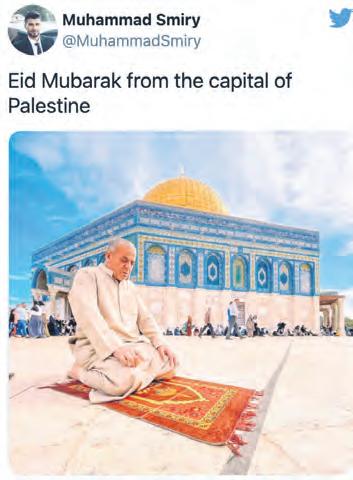
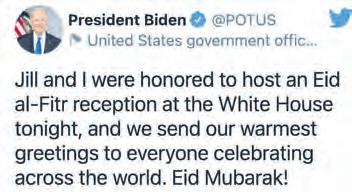
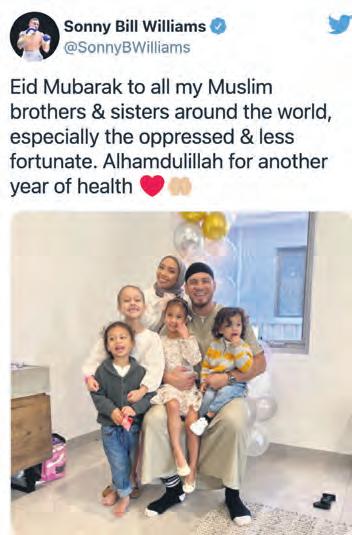
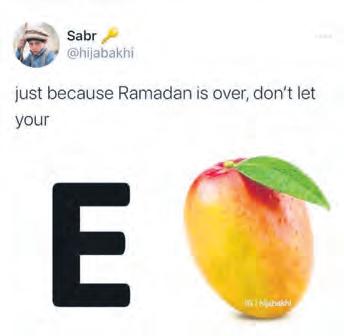
They are also the first Islamic art stamps to be issued by NZ Post.

Designed by Arabic calligraphy artists Muhammad Waqas and his wife Sameera Waqas, the bold metallic gold stamps were released on 6 April.
“Such initiatives are great examples of inclusivity and recognition of the minorities amongst us,” Muhammad says.



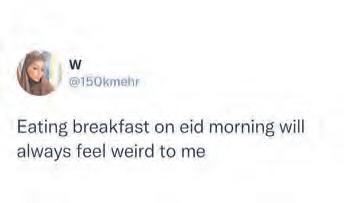
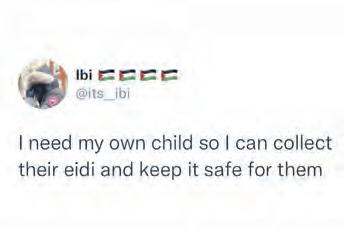
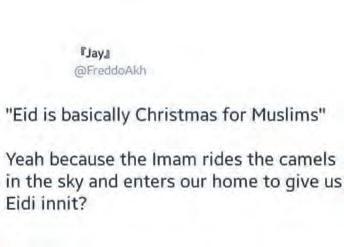
“We feel very blessed, proud and honoured that we have been part of this historic project. New Zealanders will be able to see the beauty of Islamic art through these stamps”.
NZ Post Collectables Programme and Content Manager Lynette Townsend said the stamps were visually powerful and were a great example of how we are representing New Zealand’s ethnic diversity.
“These stamps not only represent the dozens of nationalities, languages, customs and traditions within the New Zealand Muslim community but also reflect NZ Post’s commitment to acknowledging the diversity of New Zealand’s population.”
Source: https://www.nzpost.co.nz/
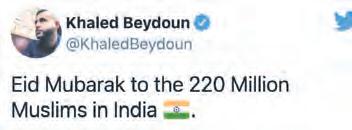

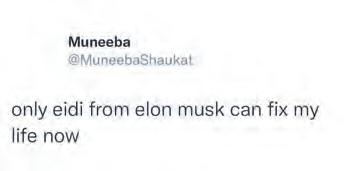

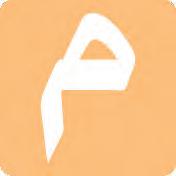
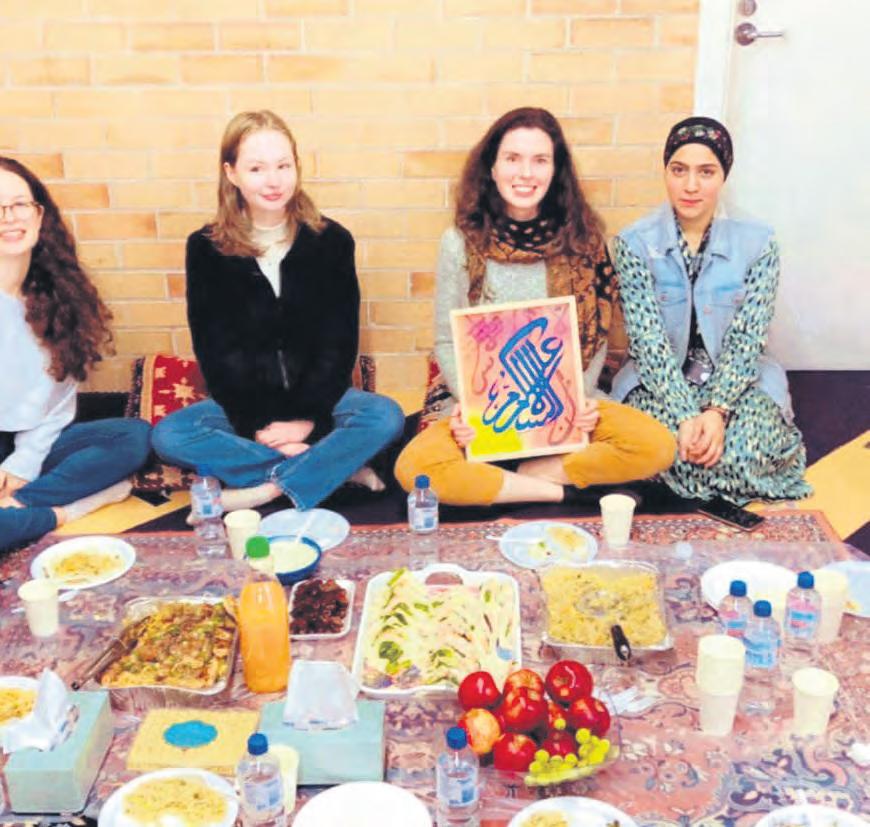
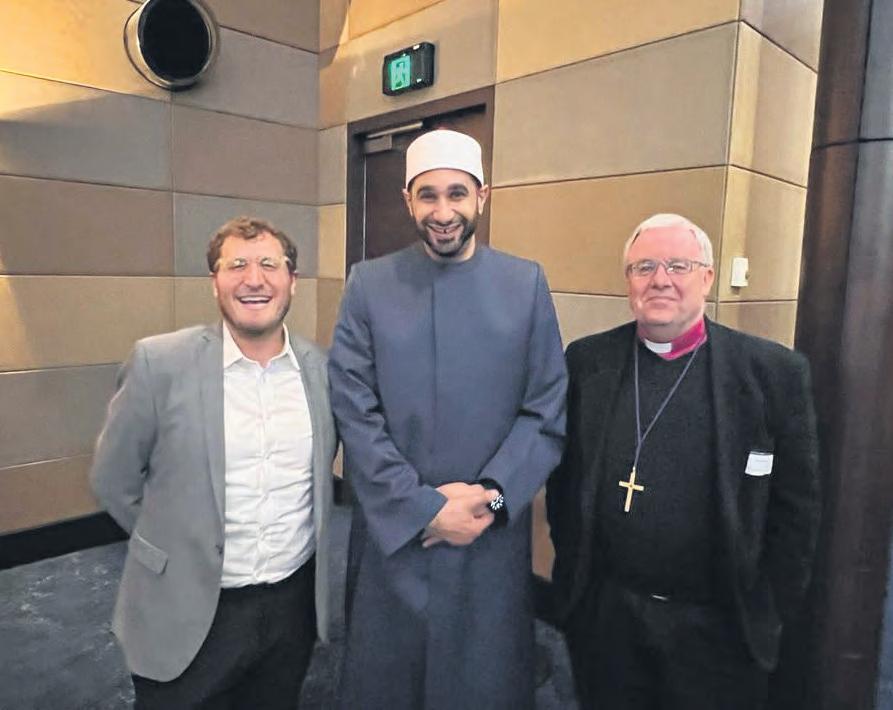


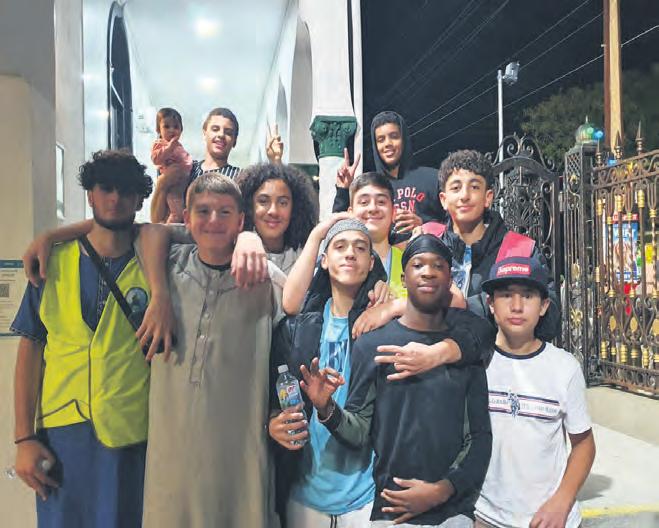
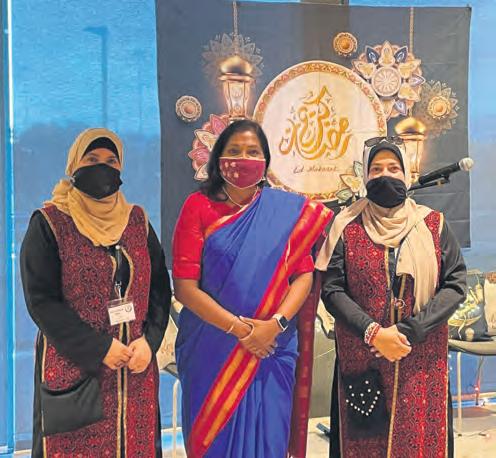

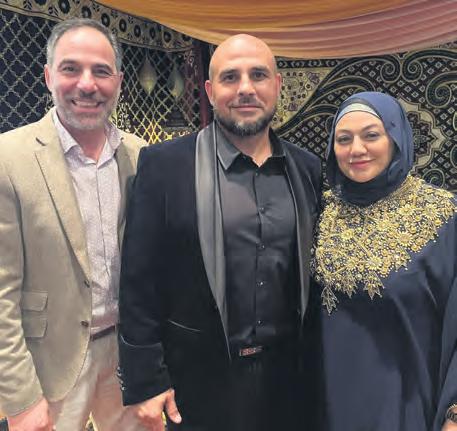


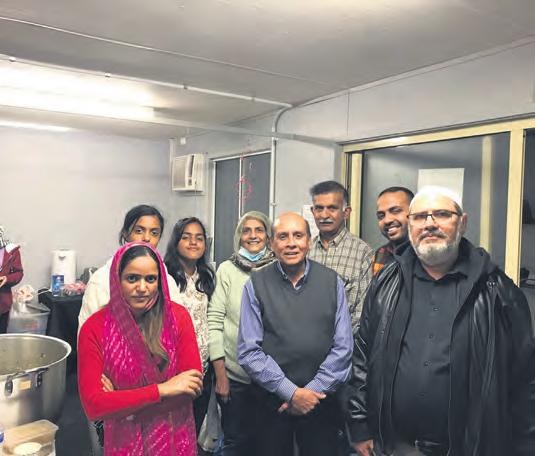
Center Brisbane Australia
Fundraising Dinner by Zainabia Islamic

